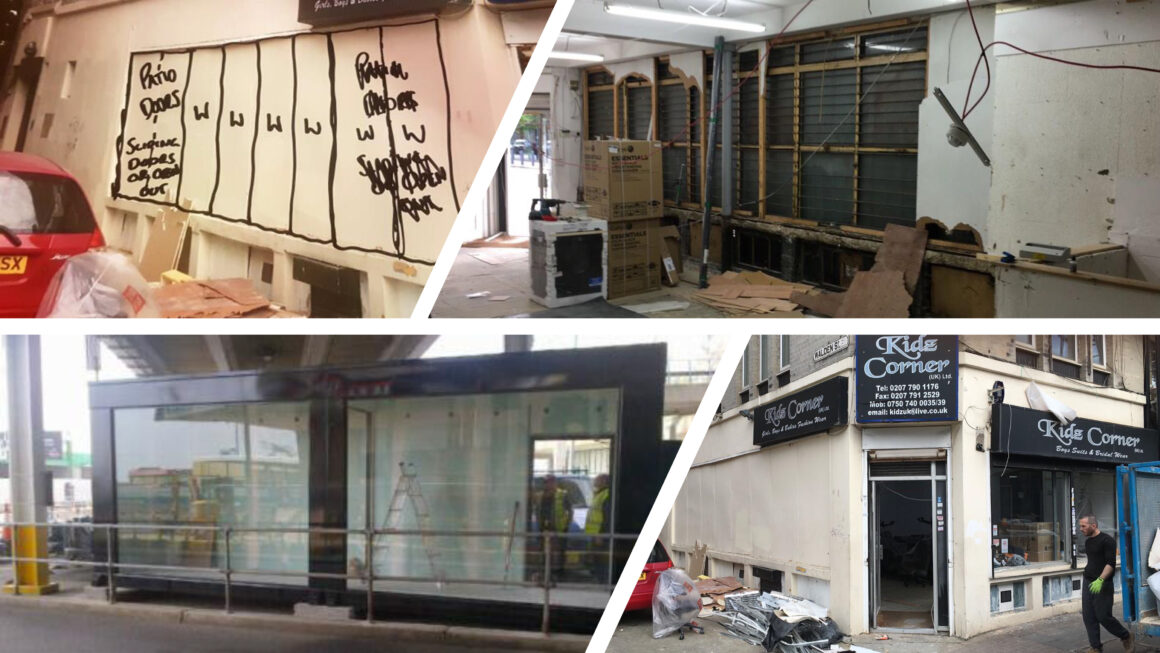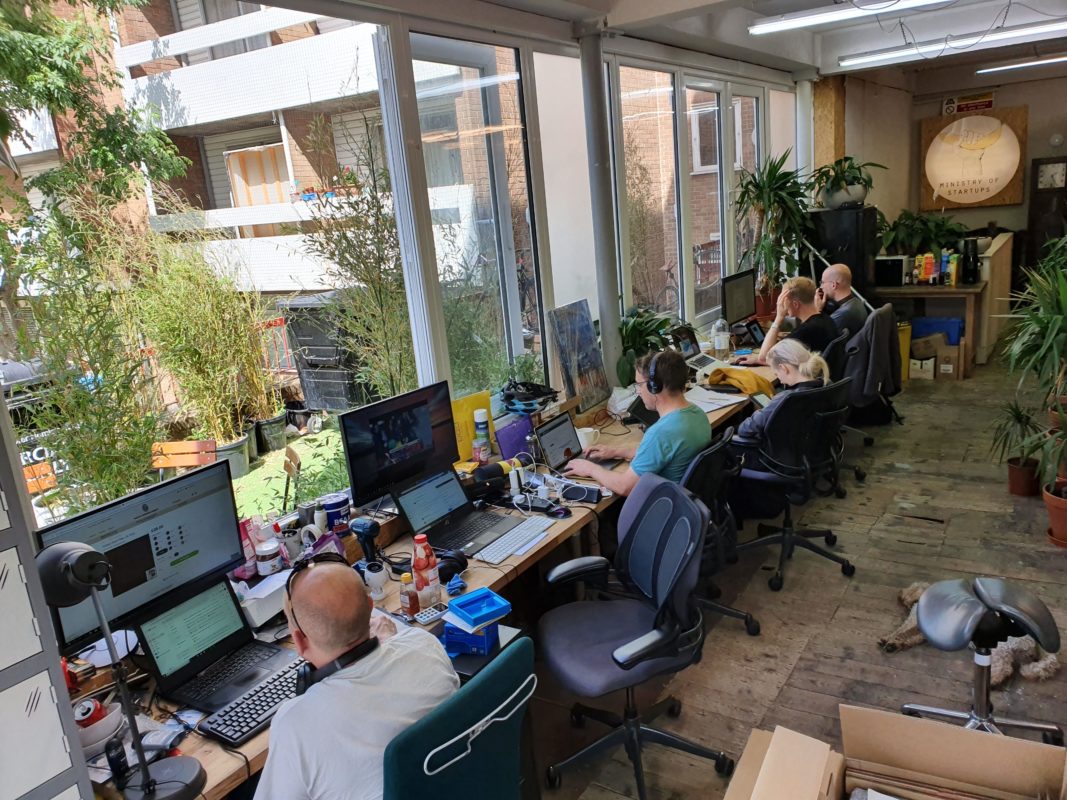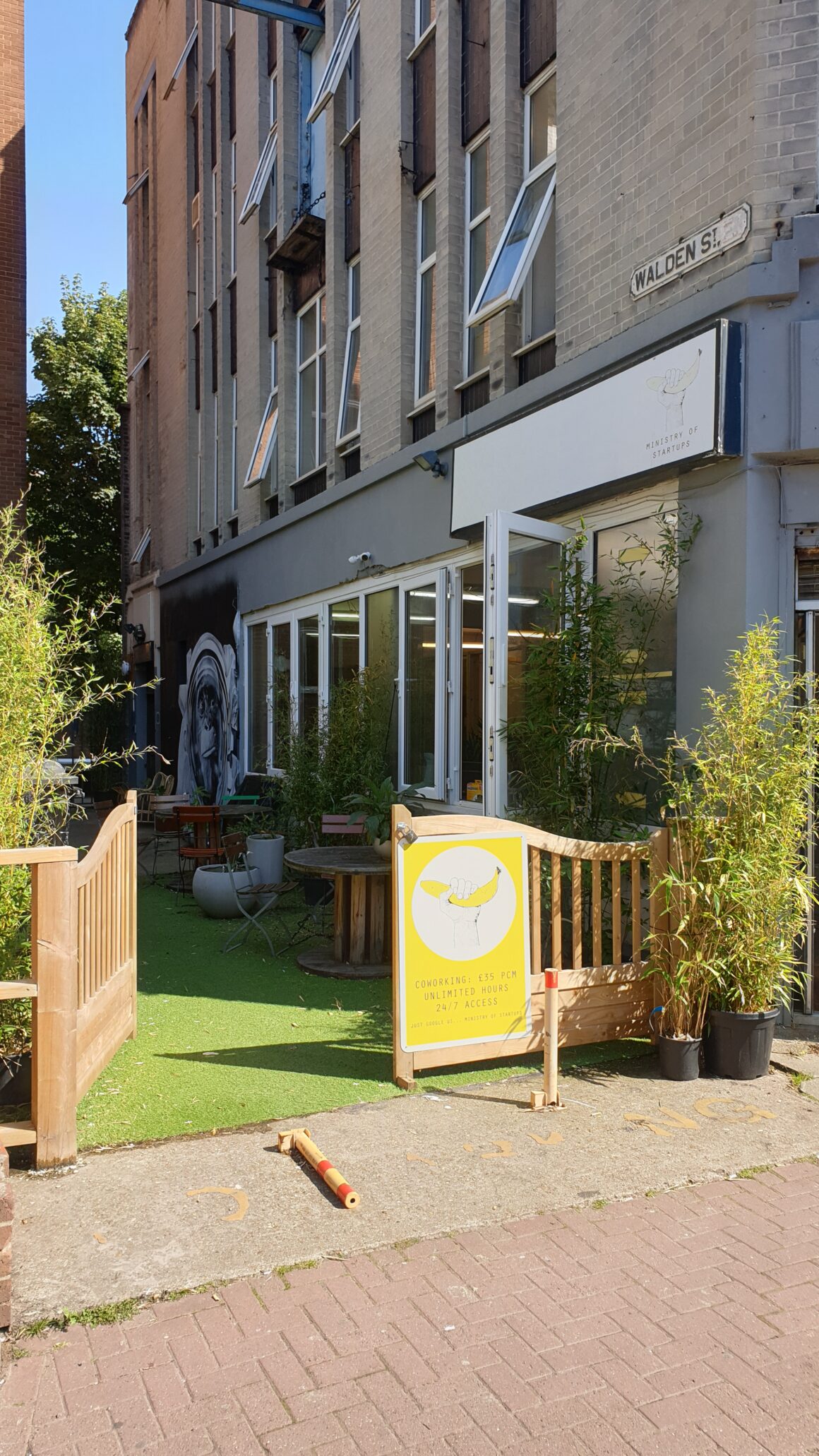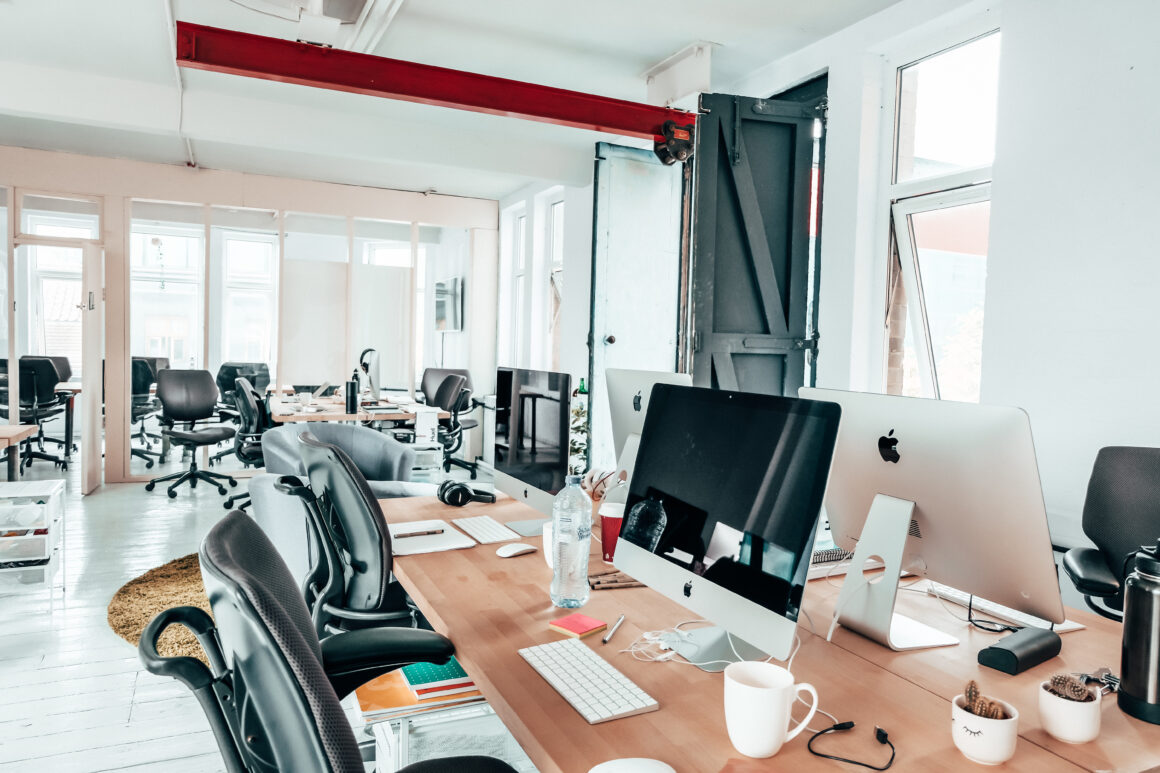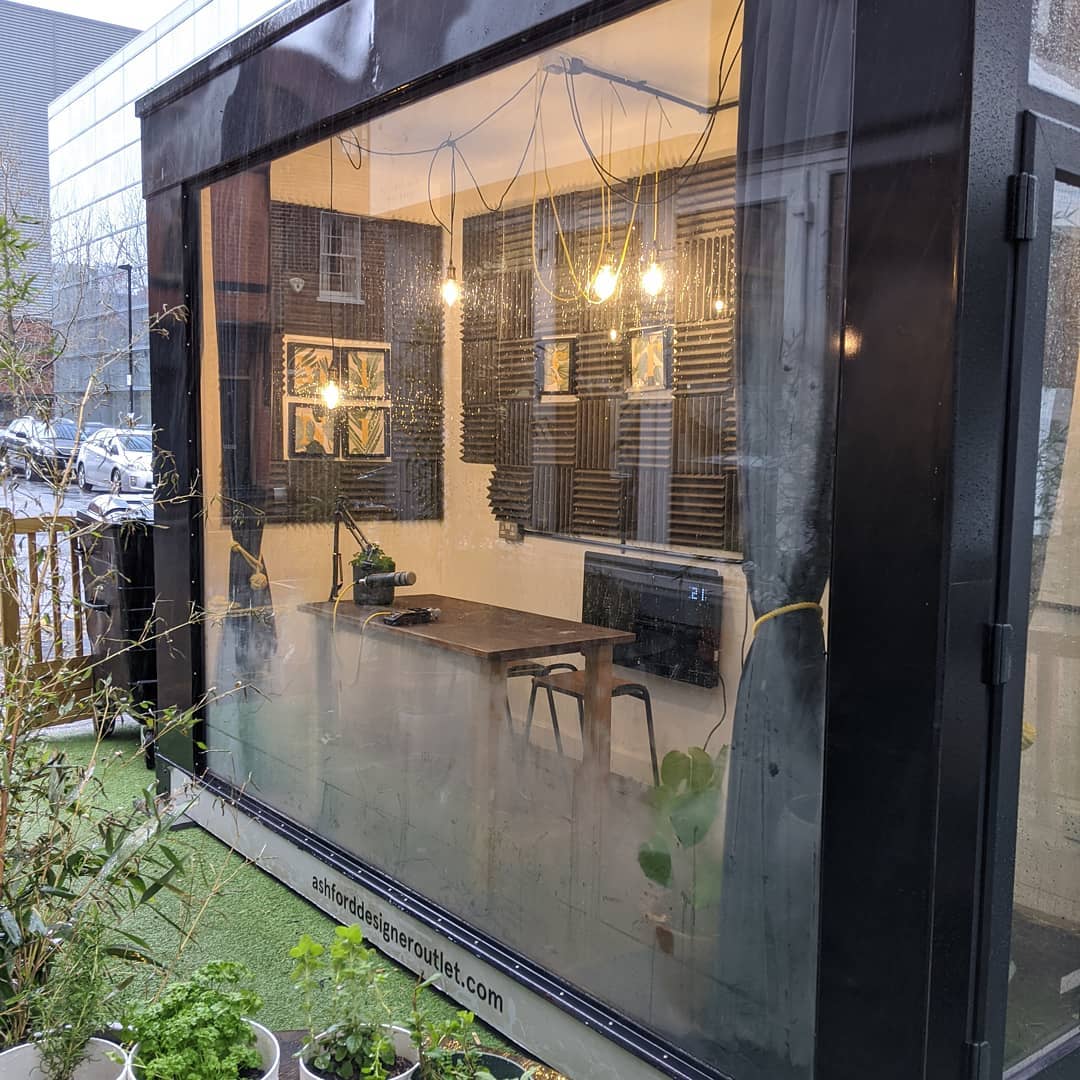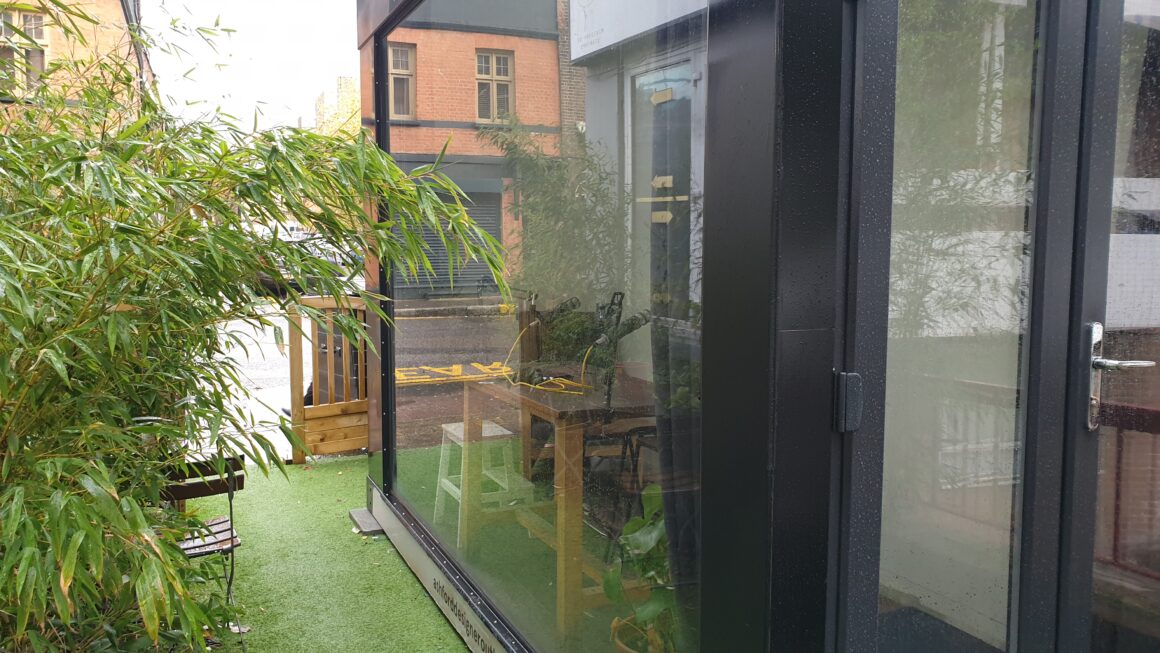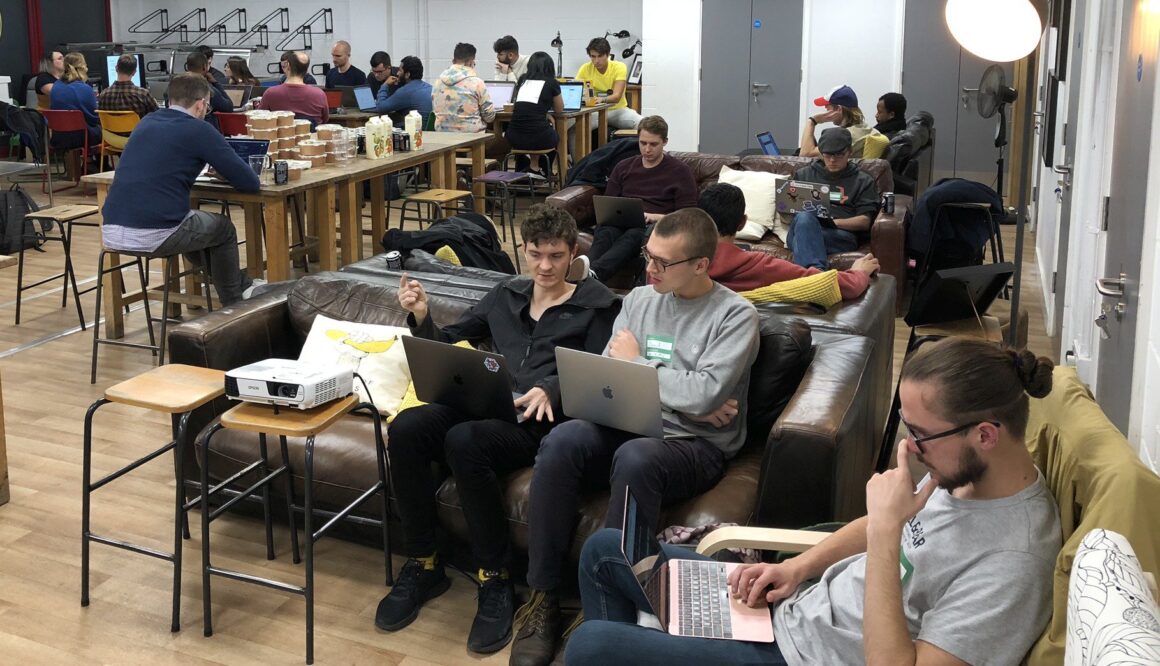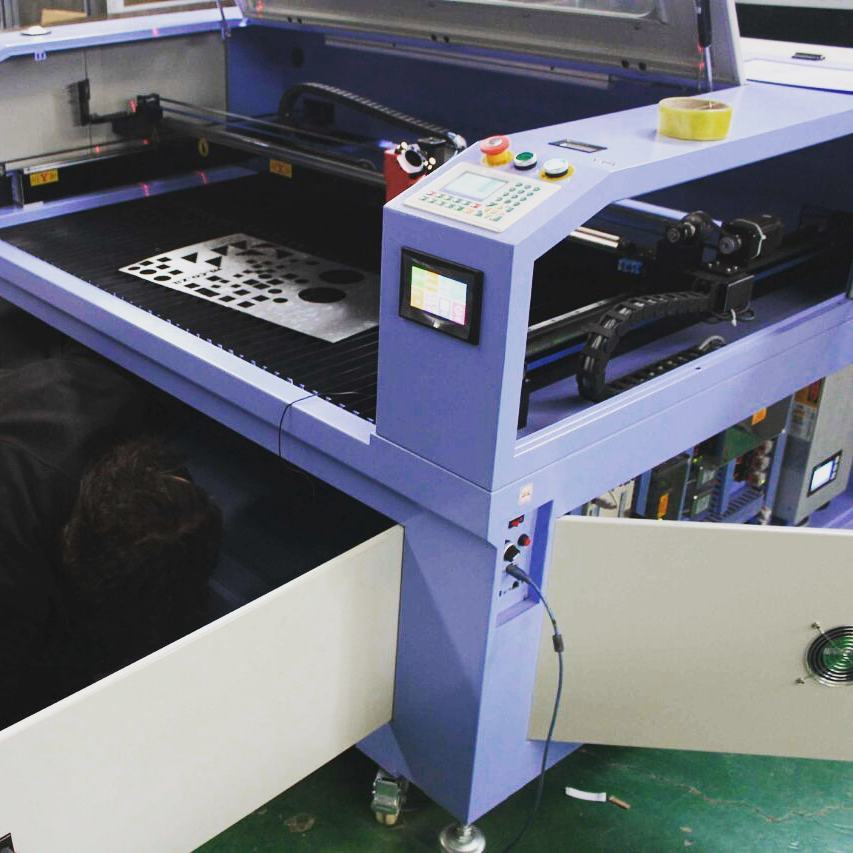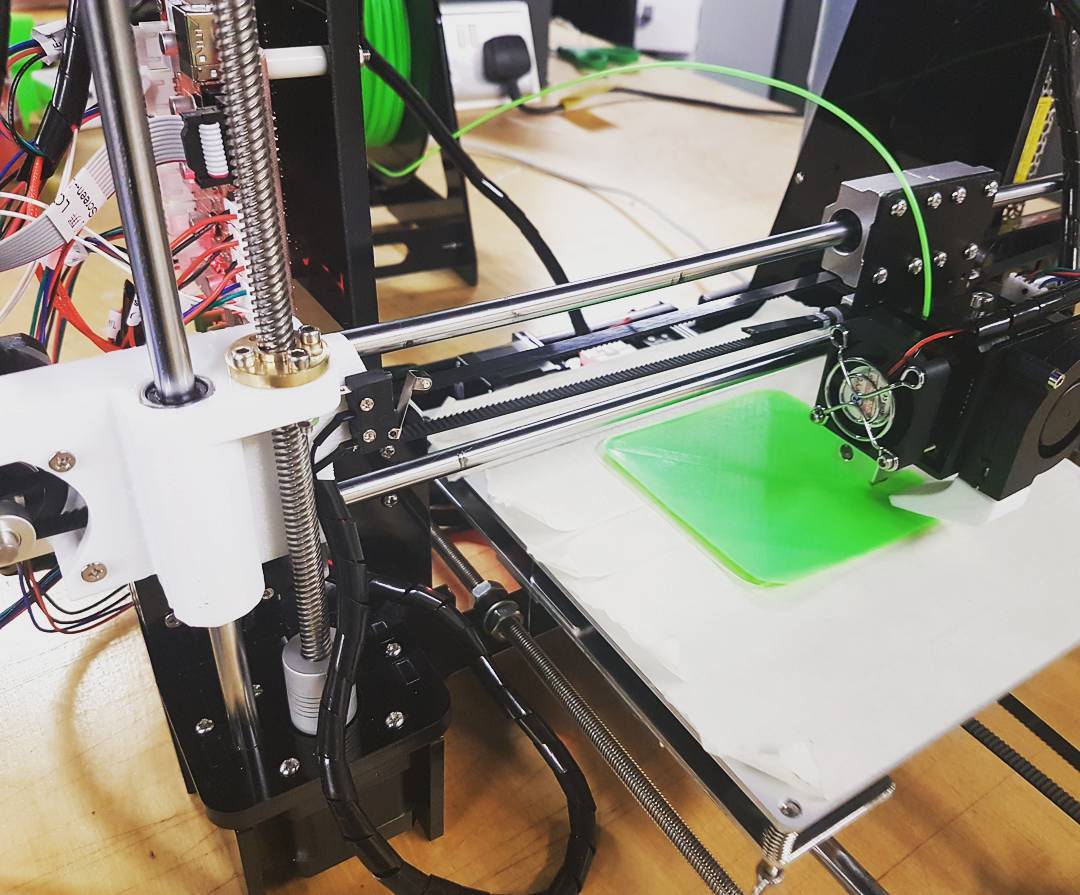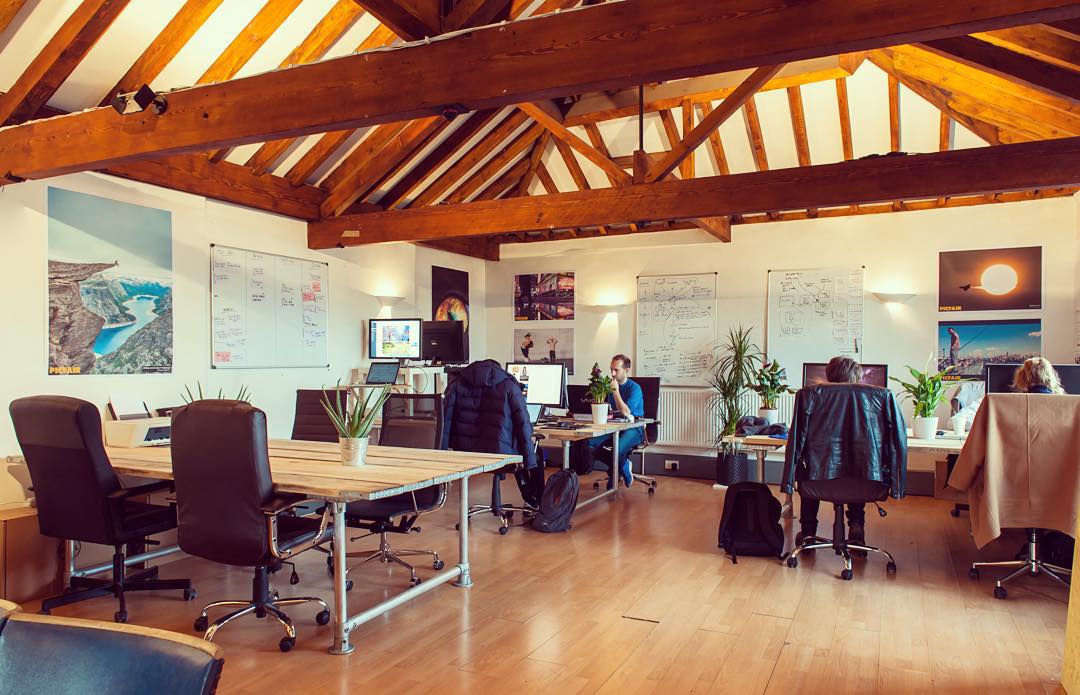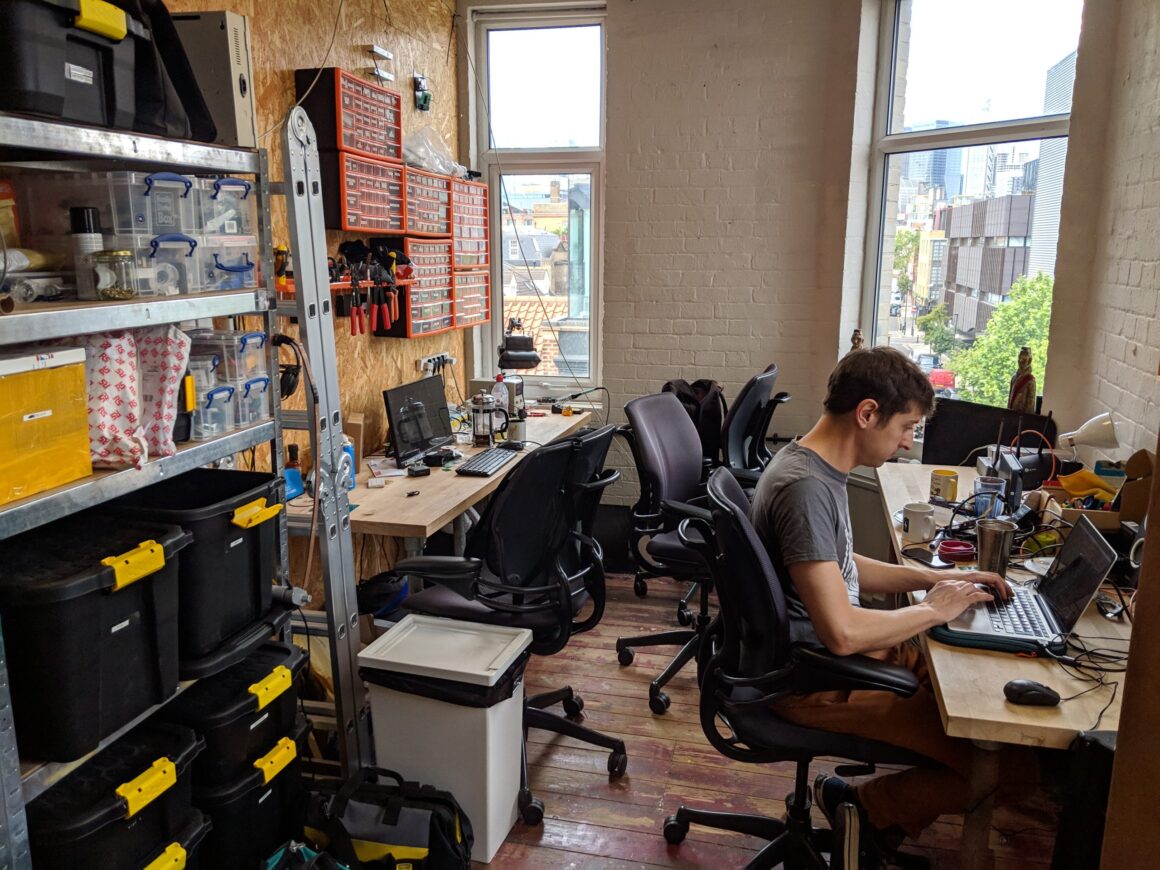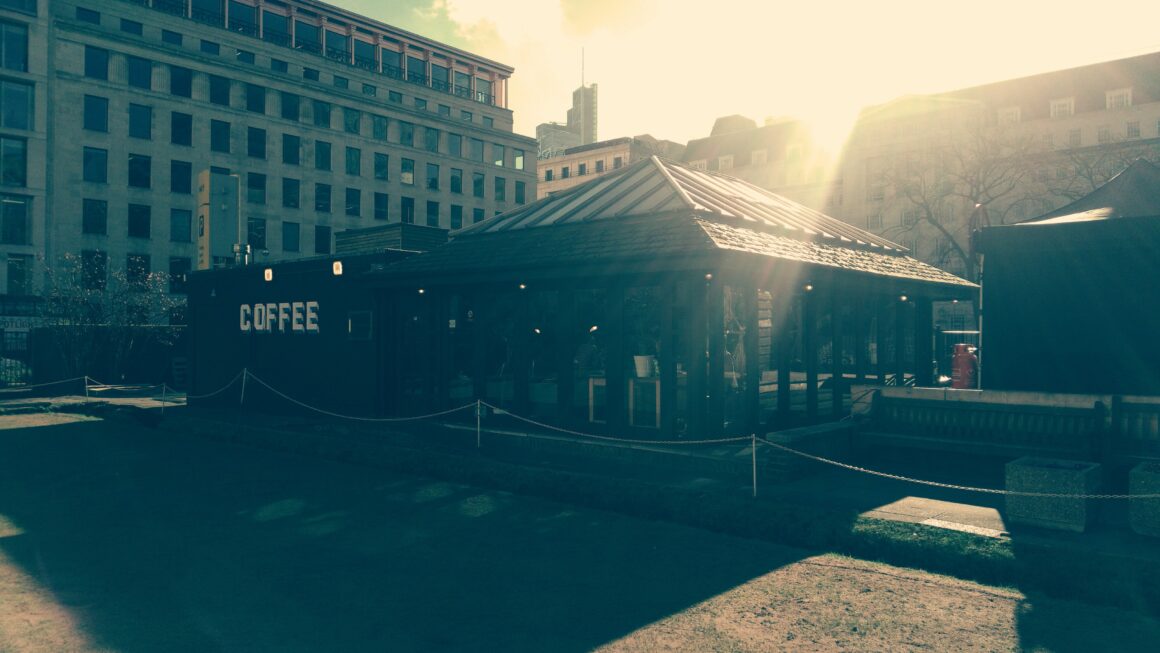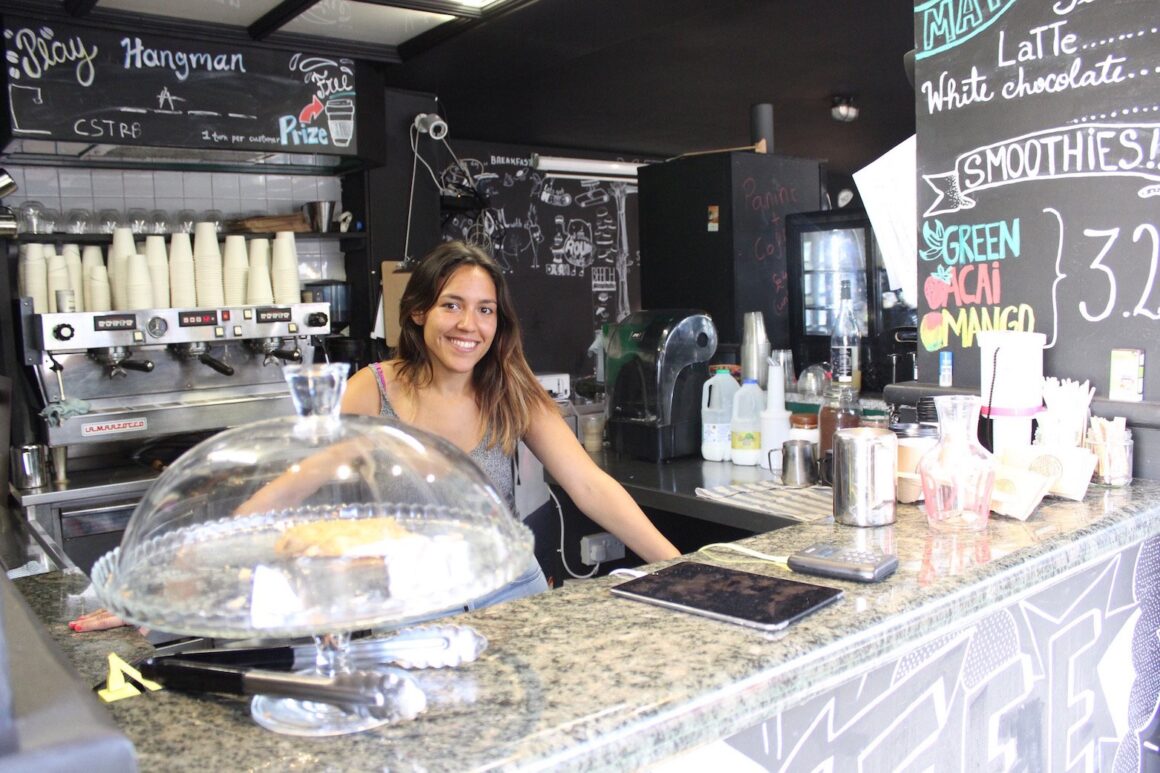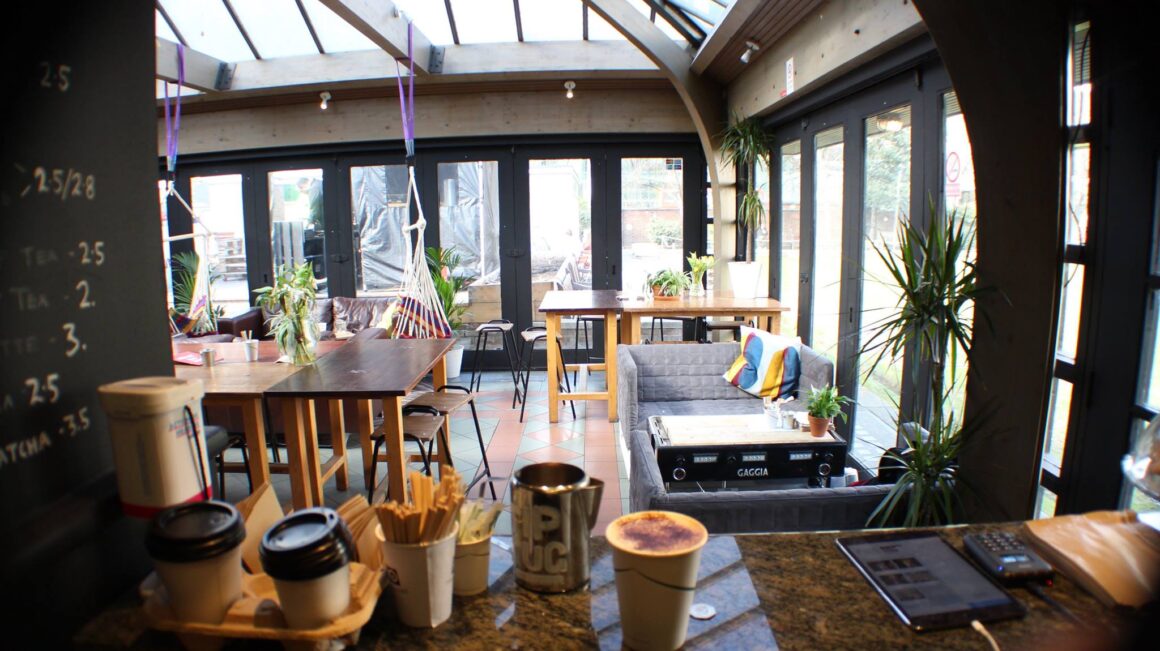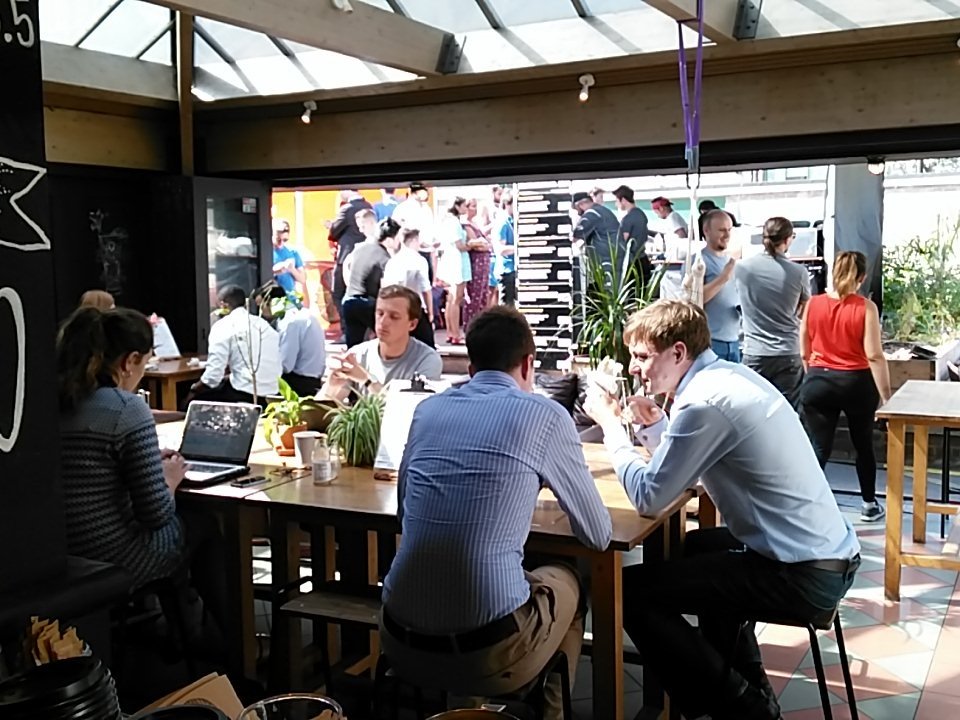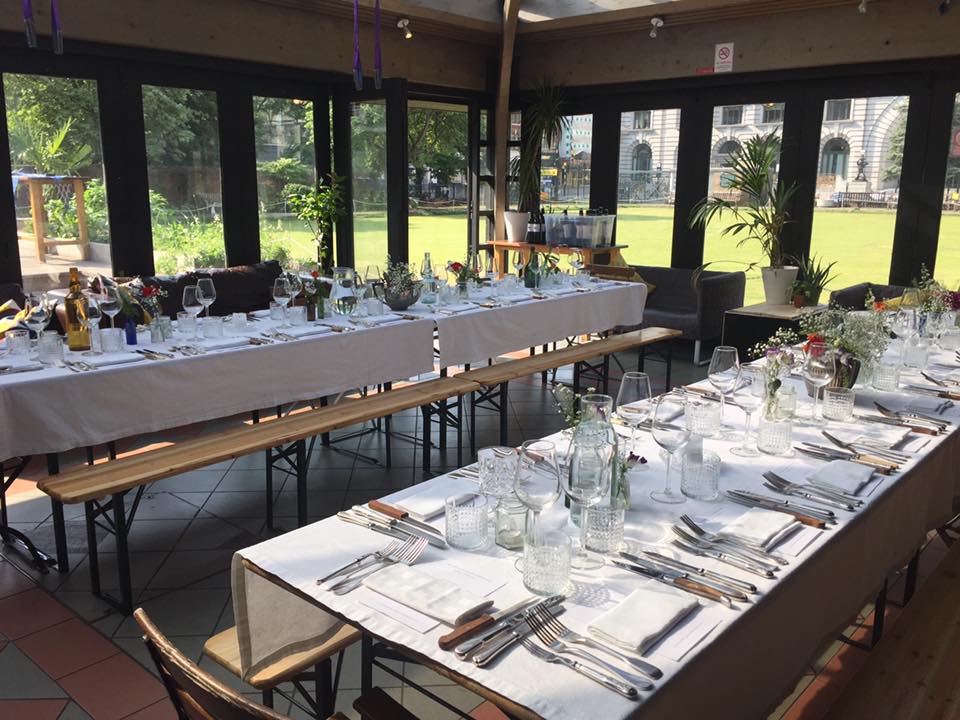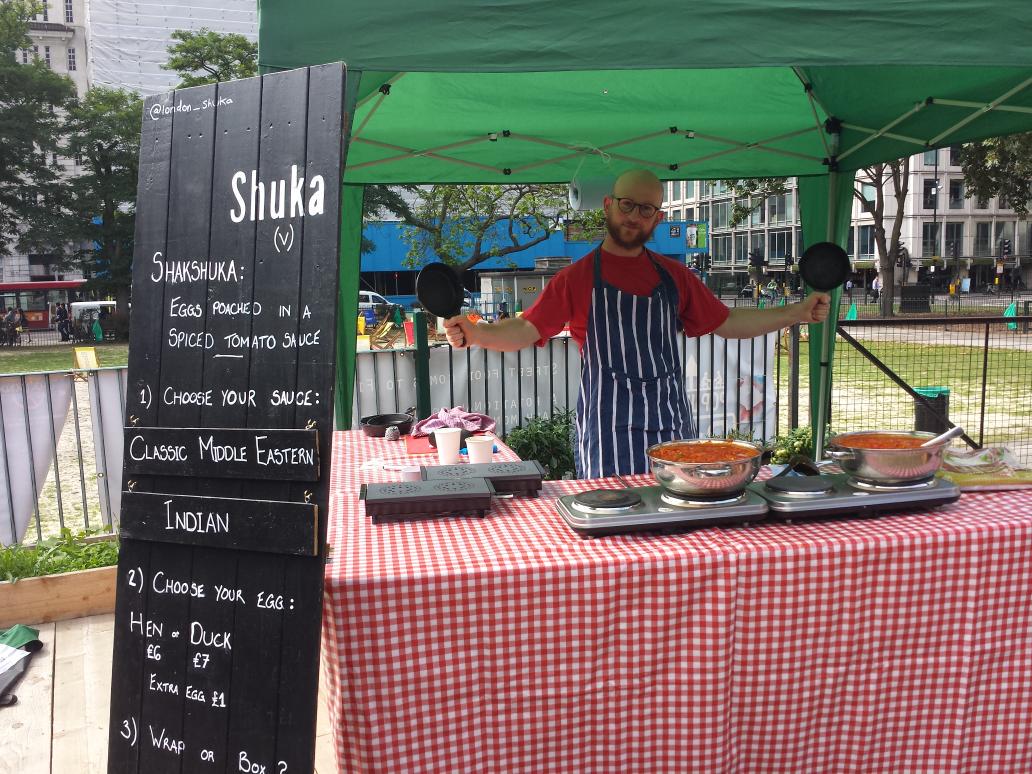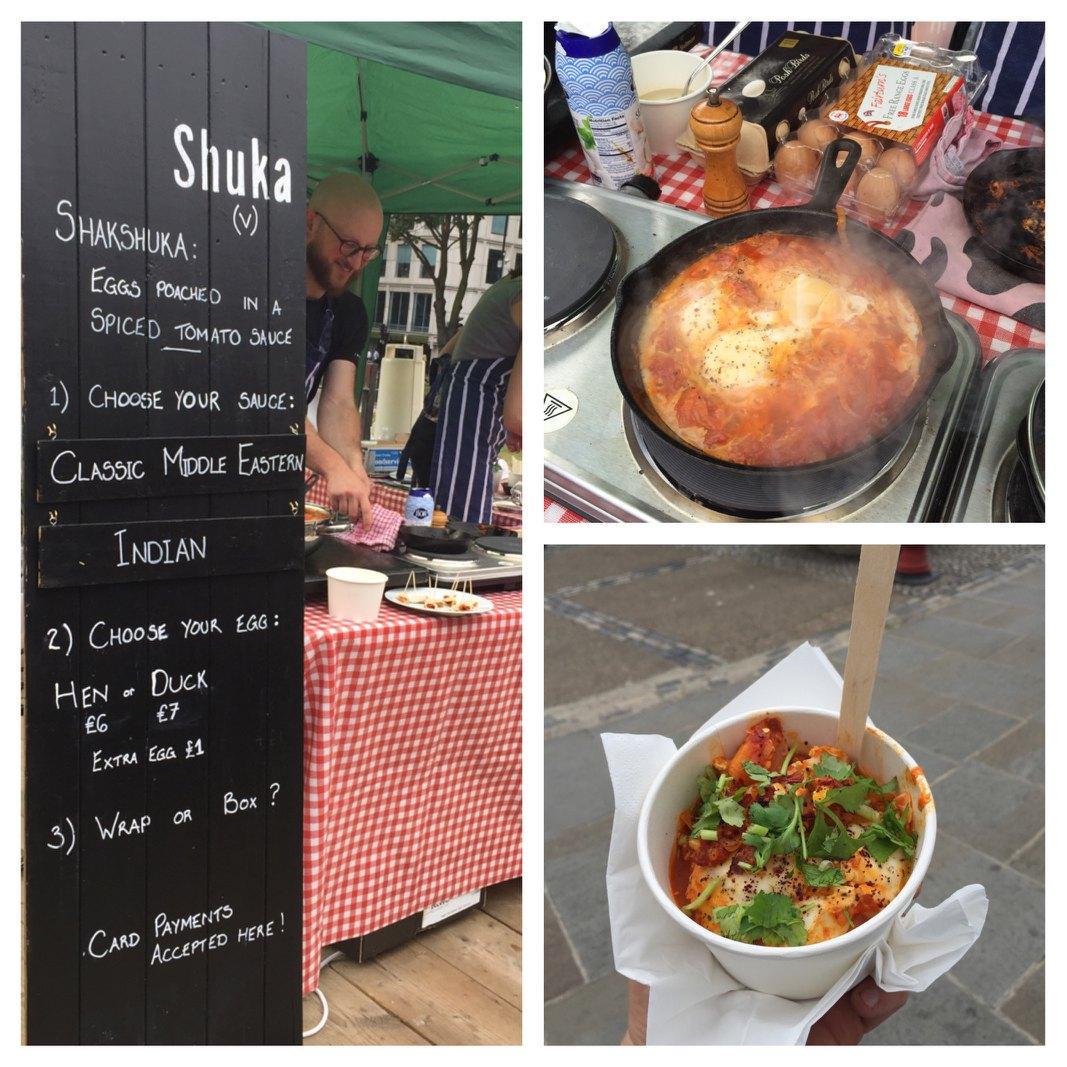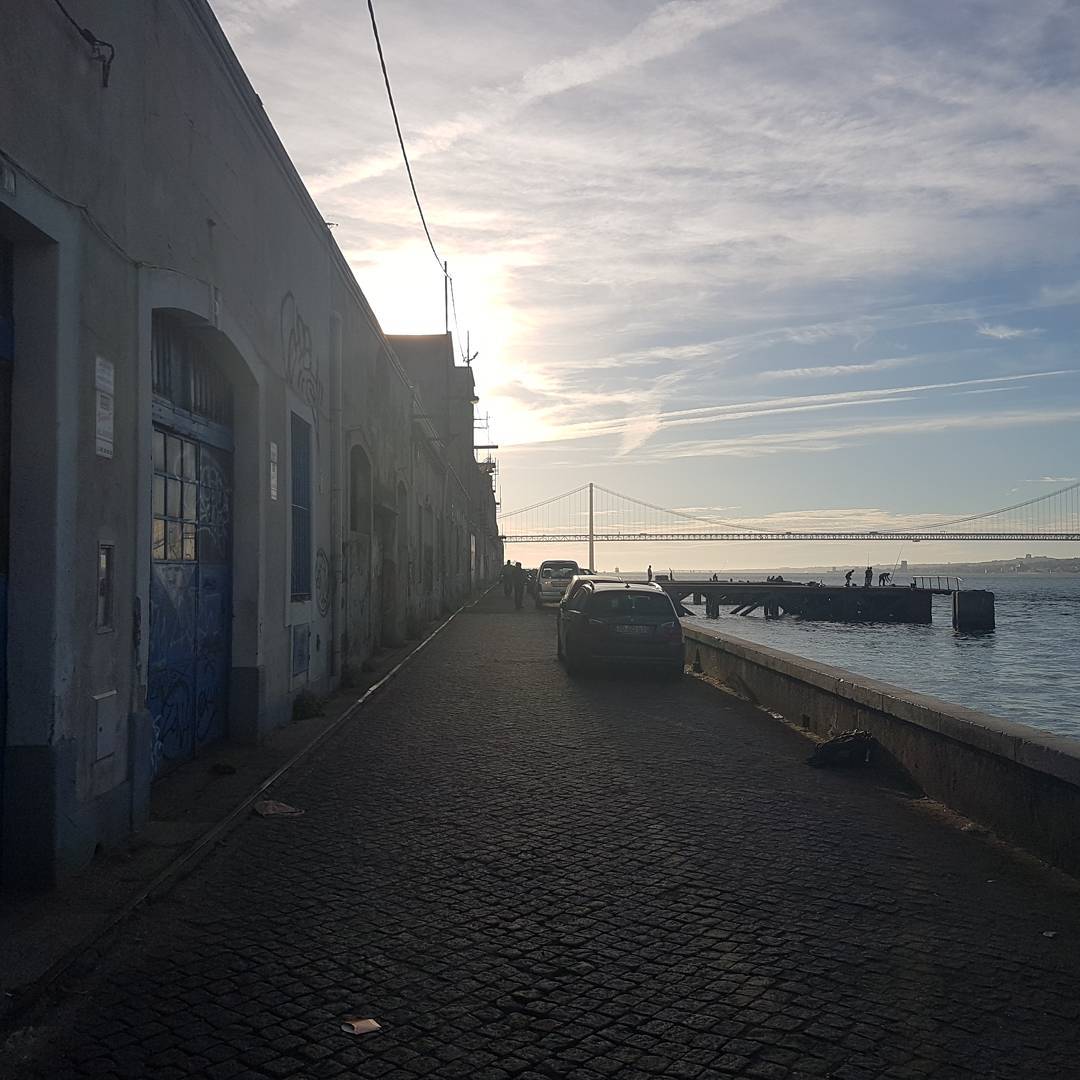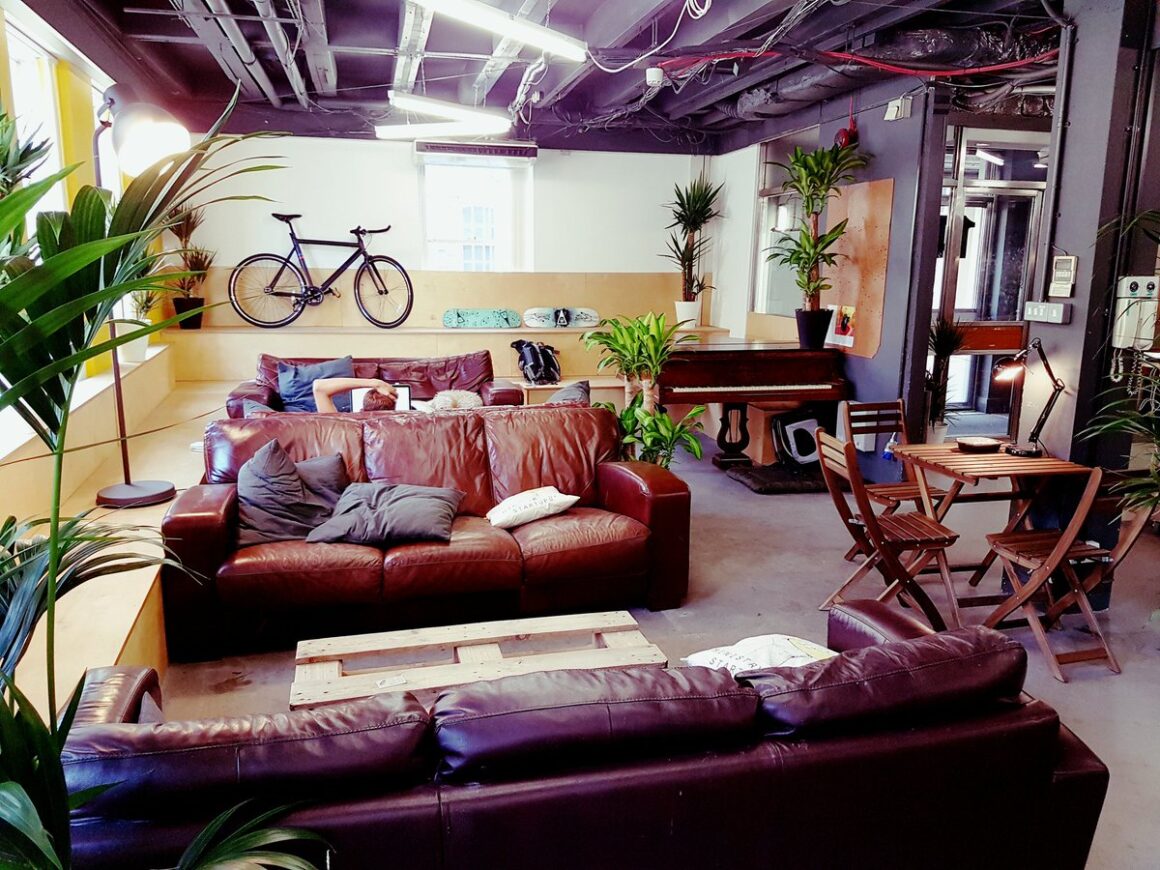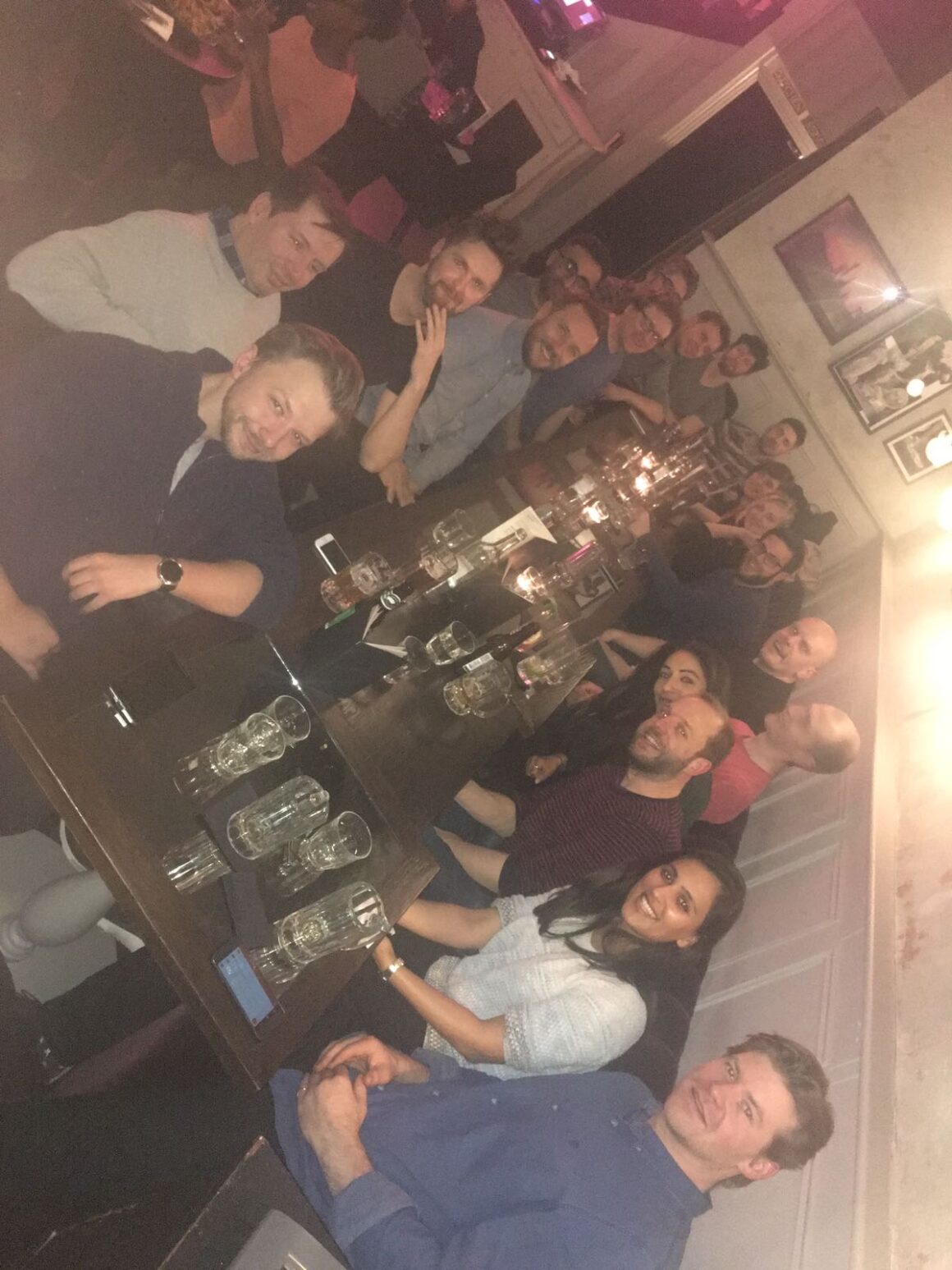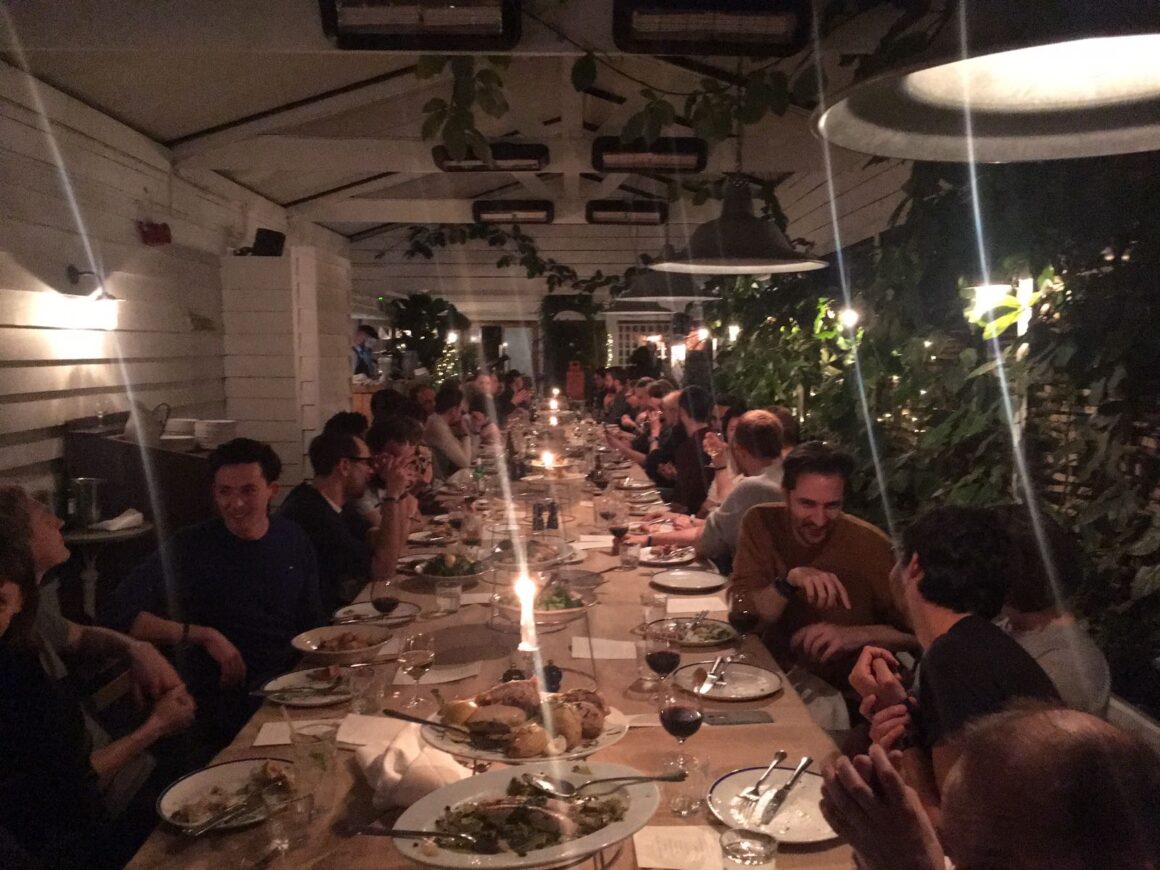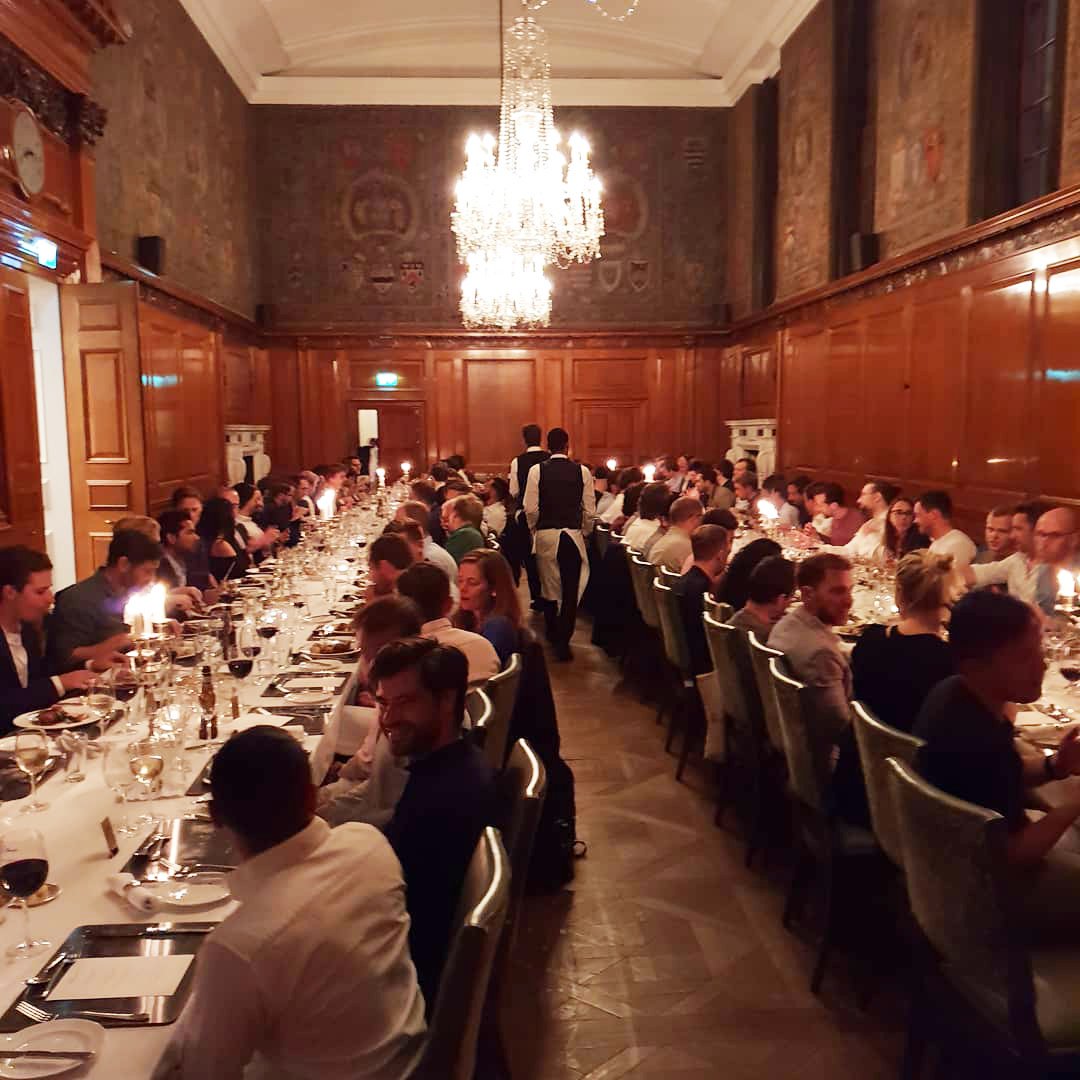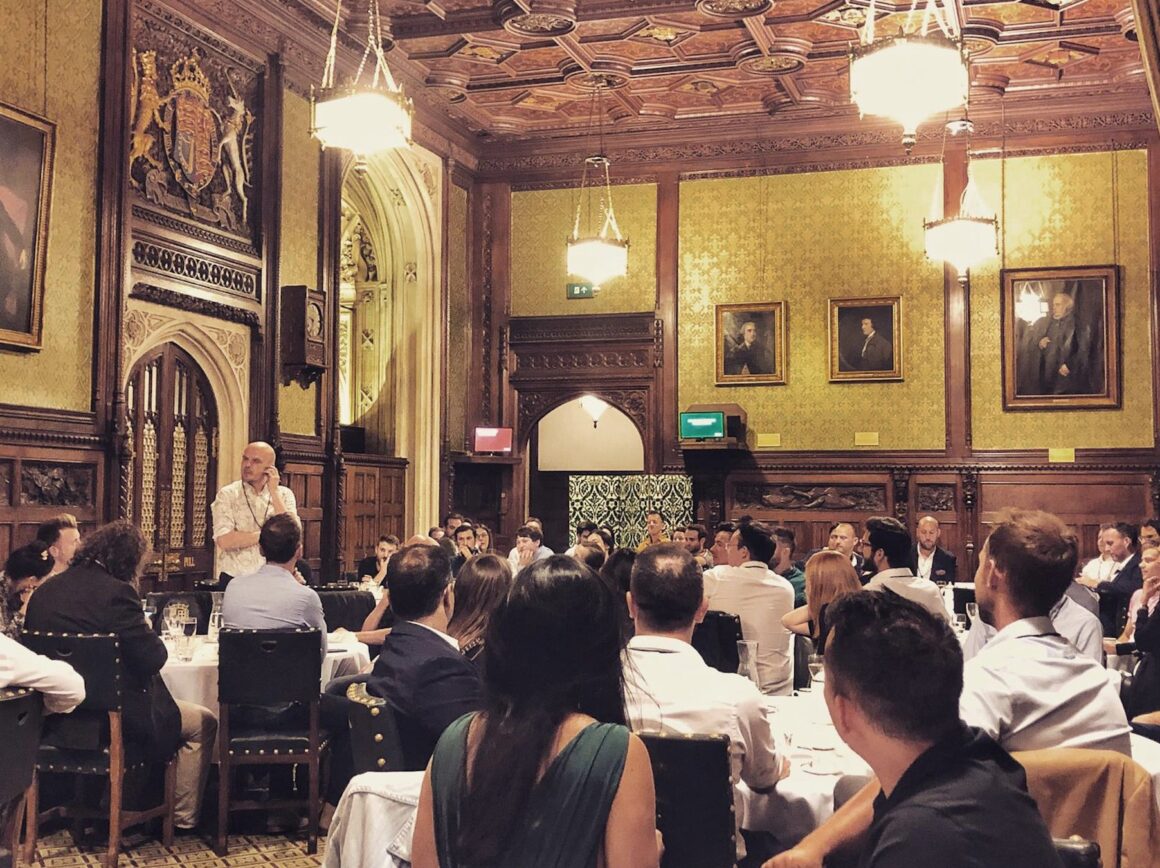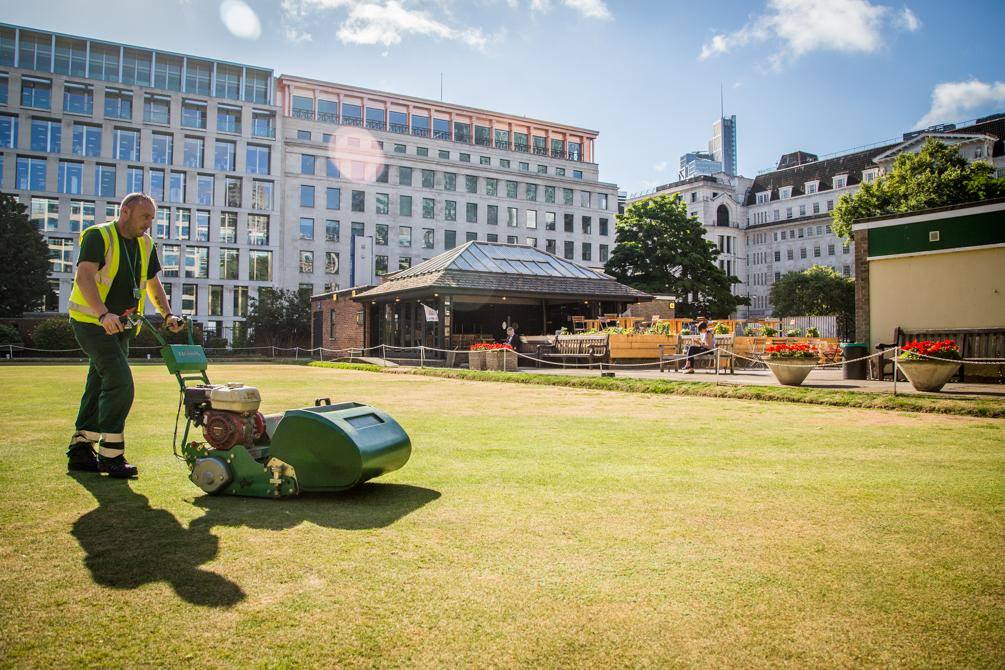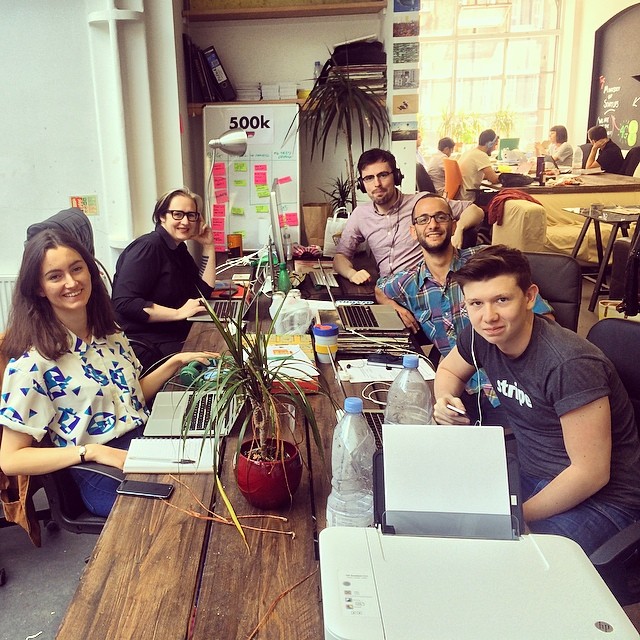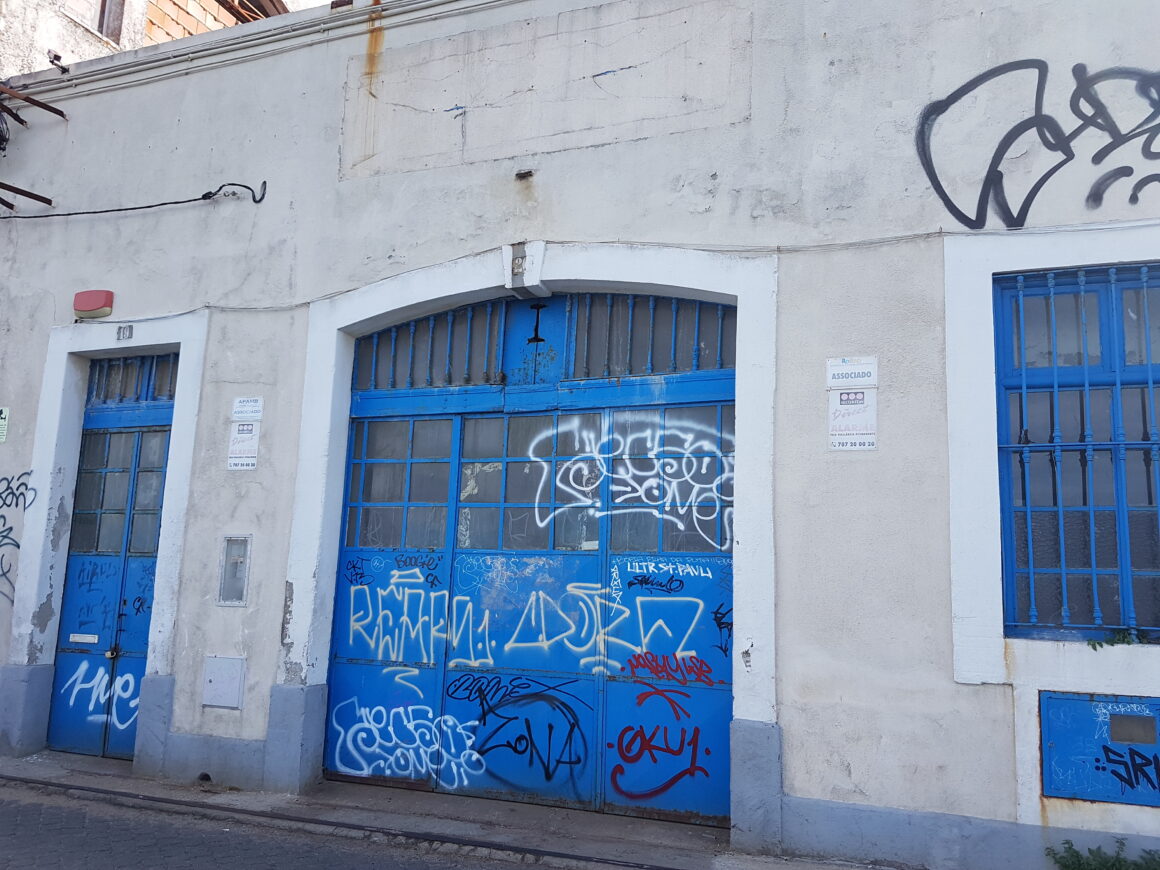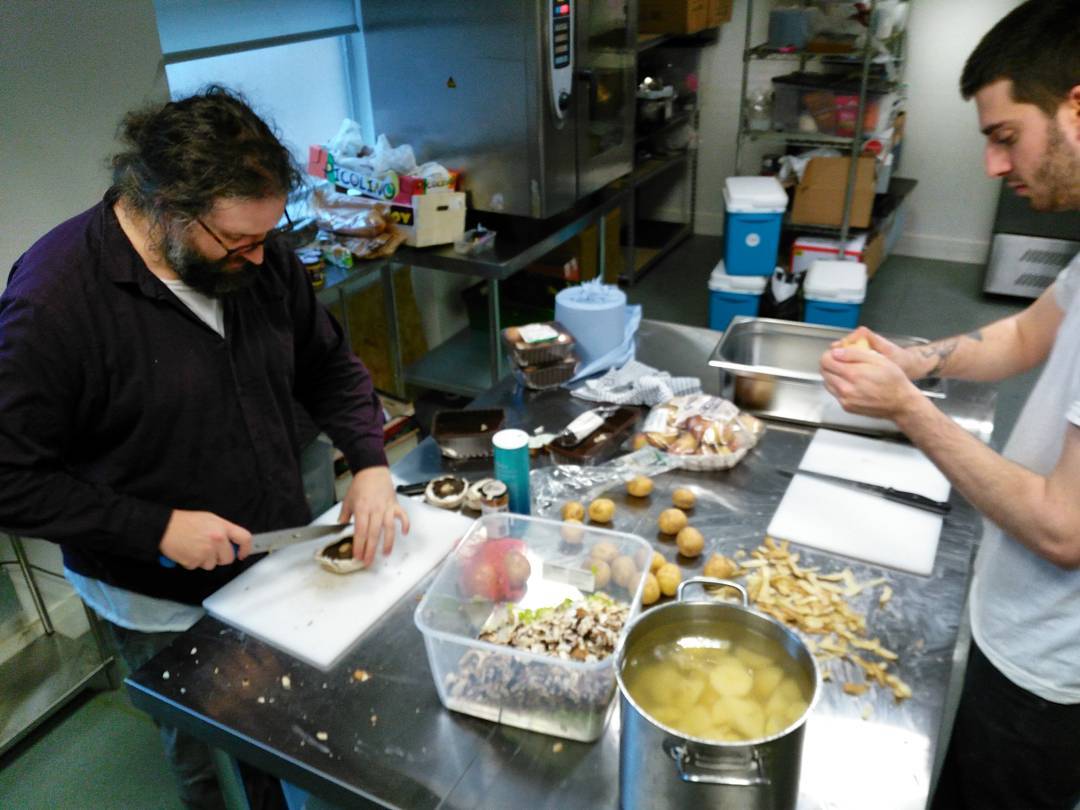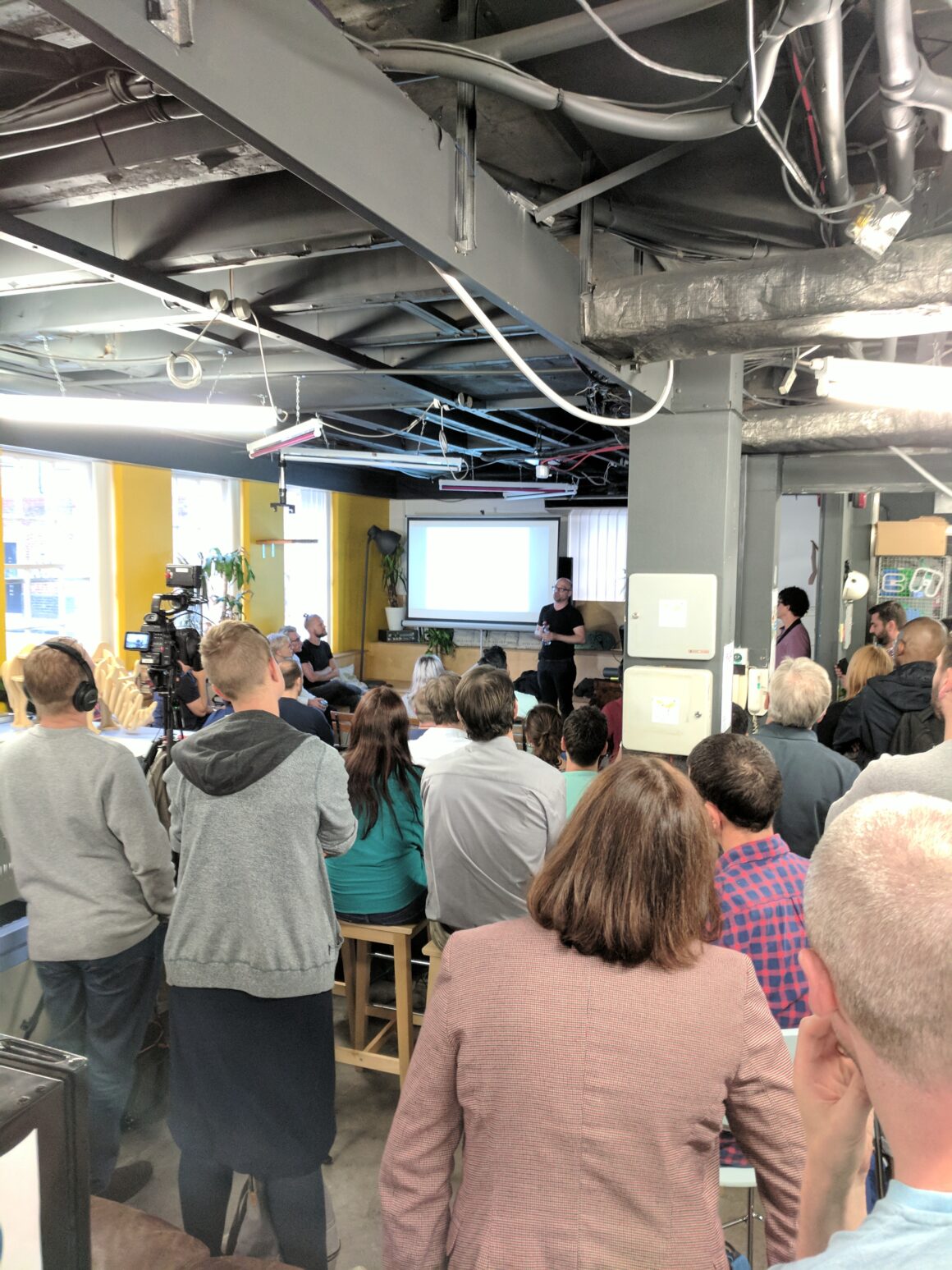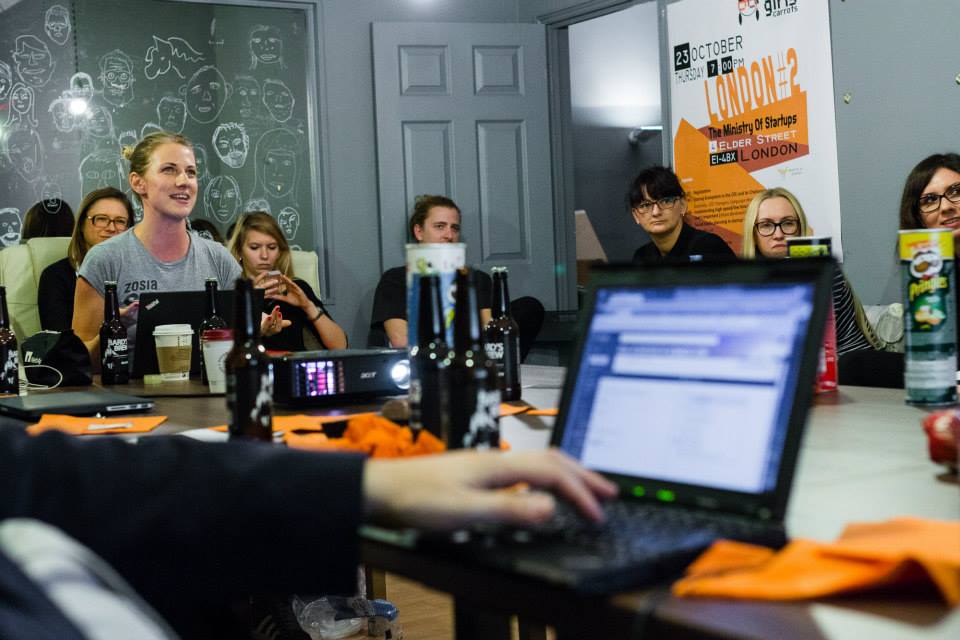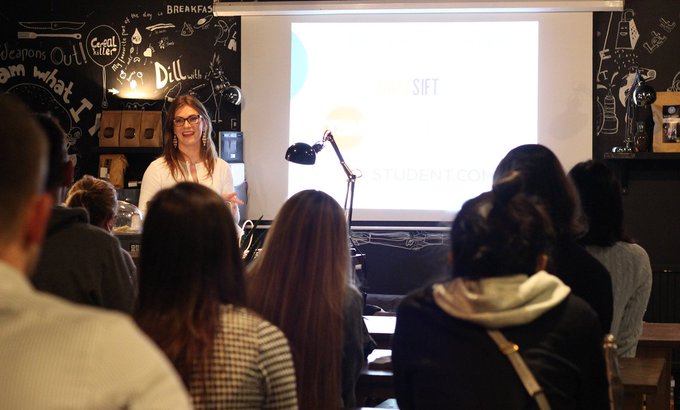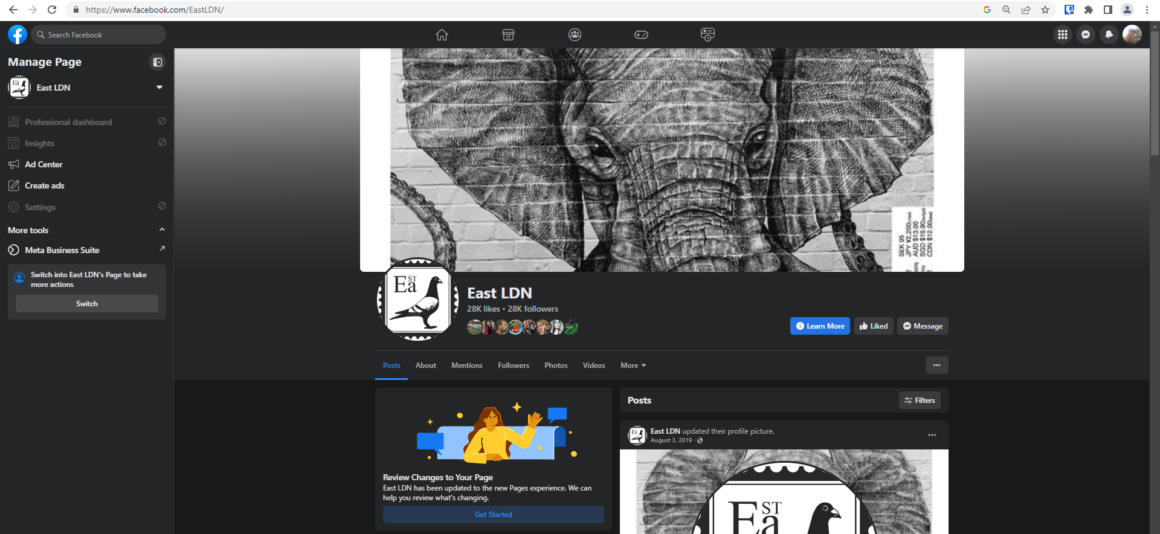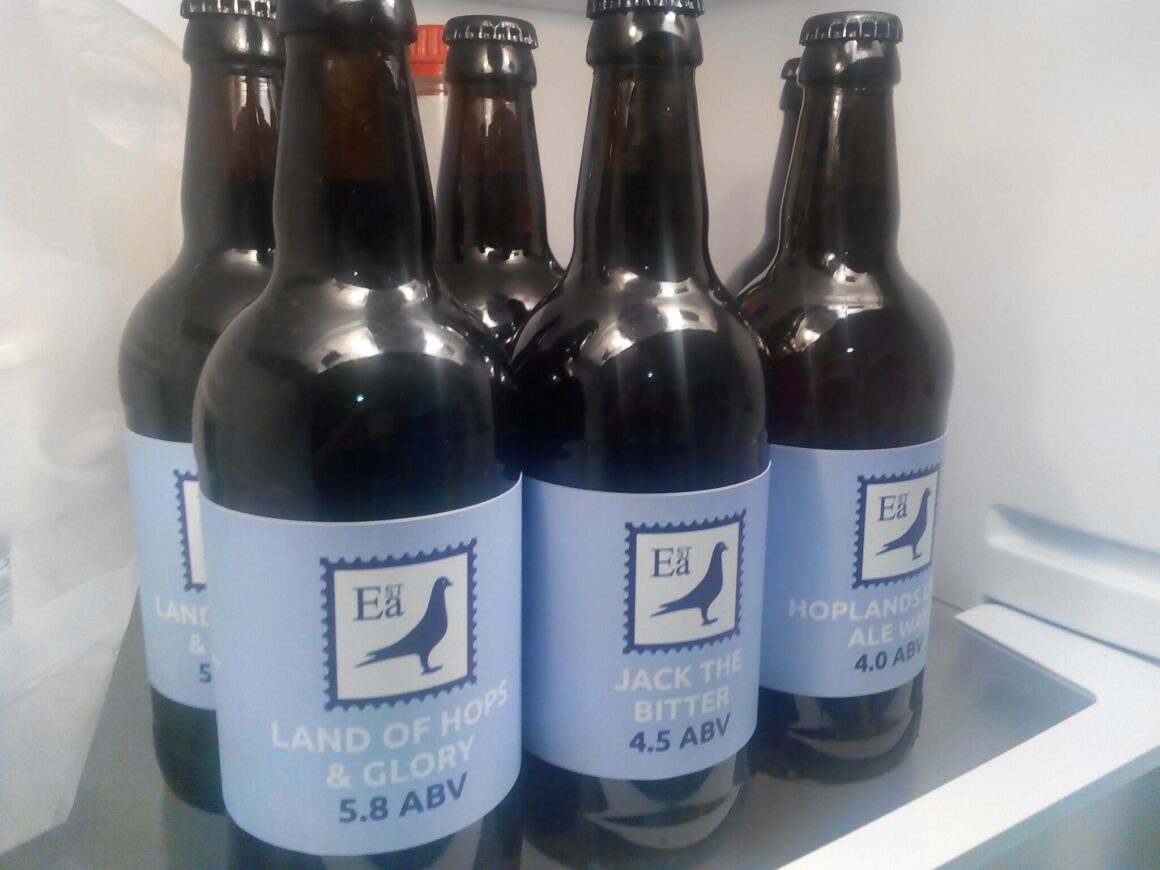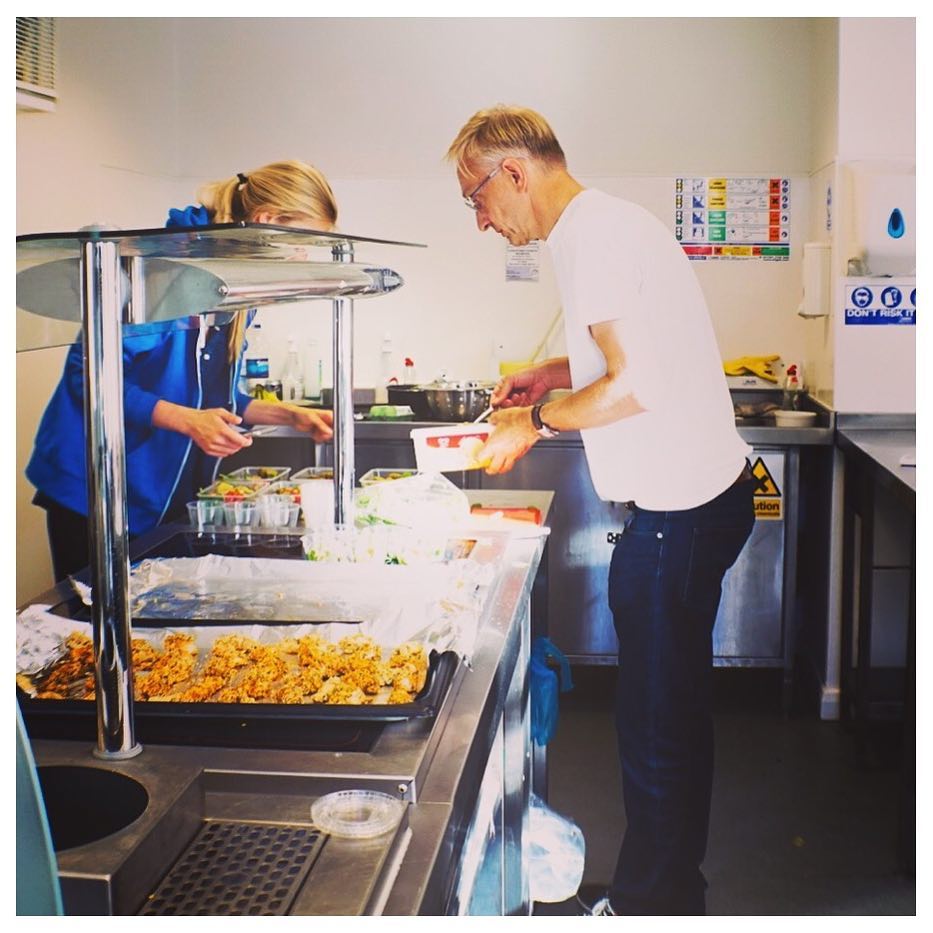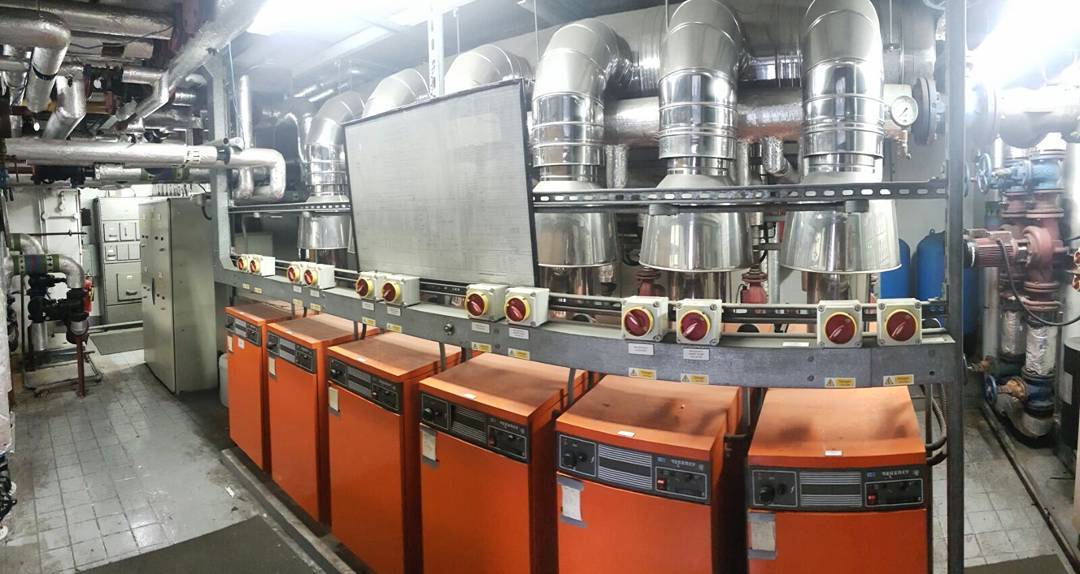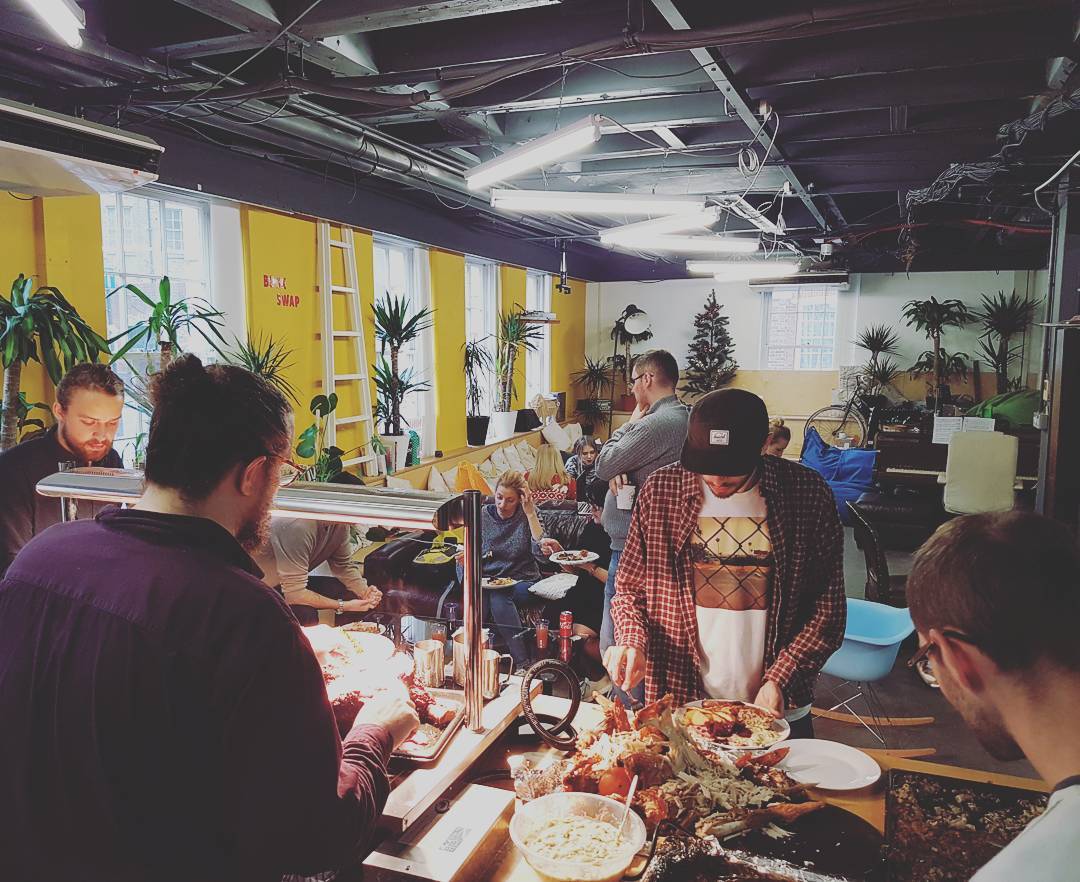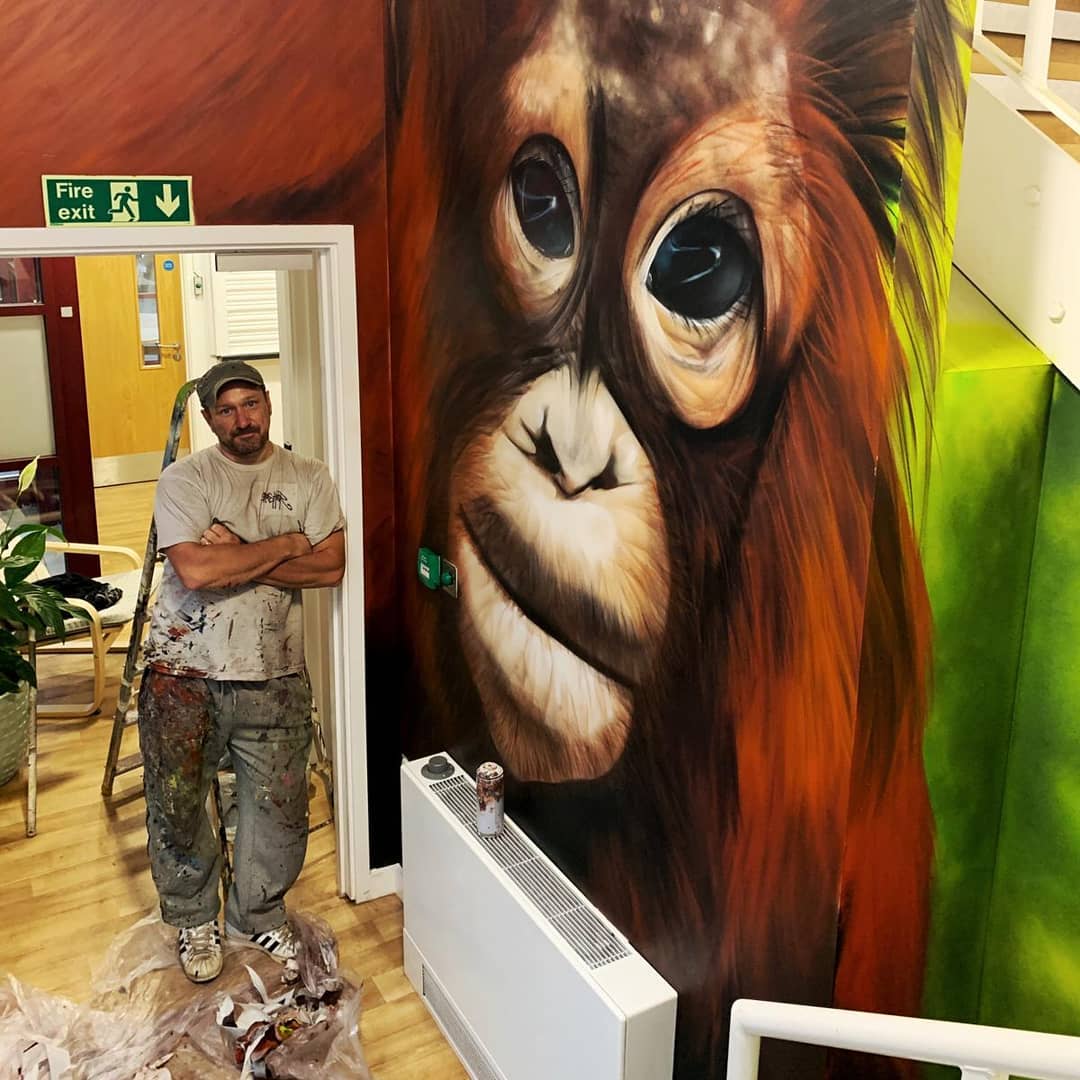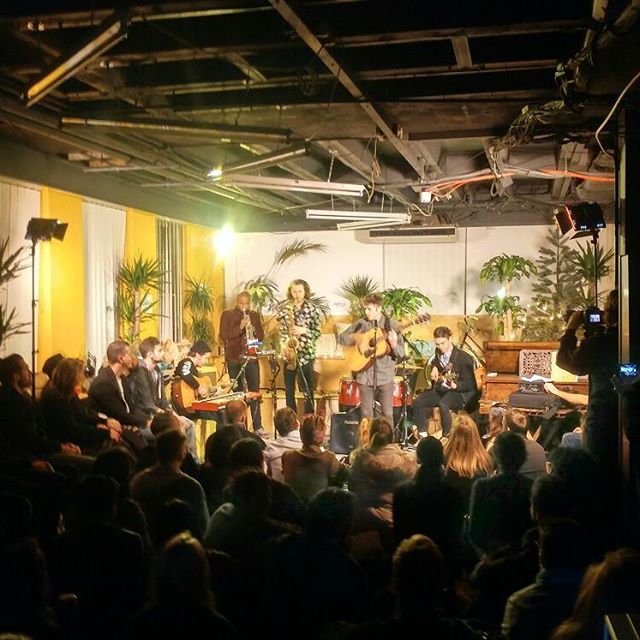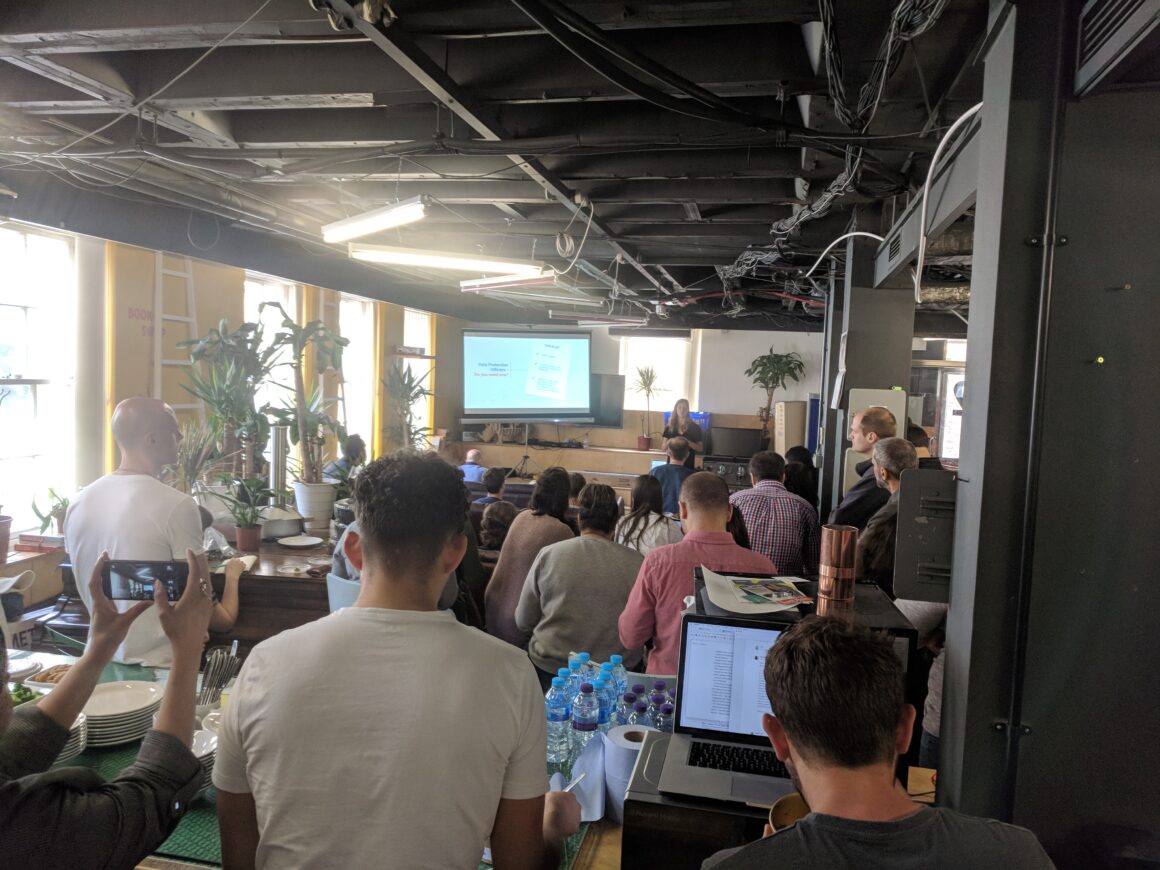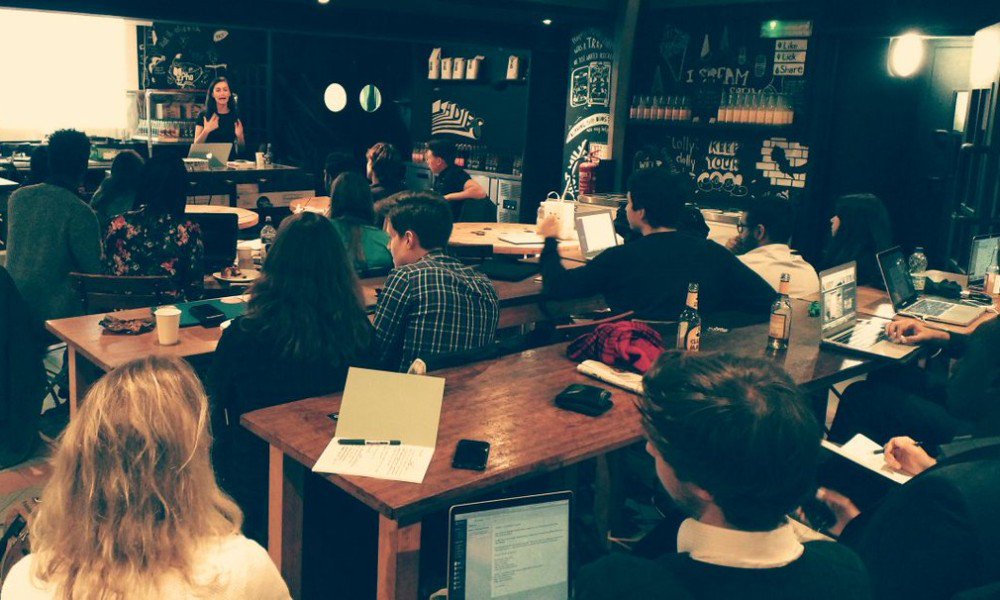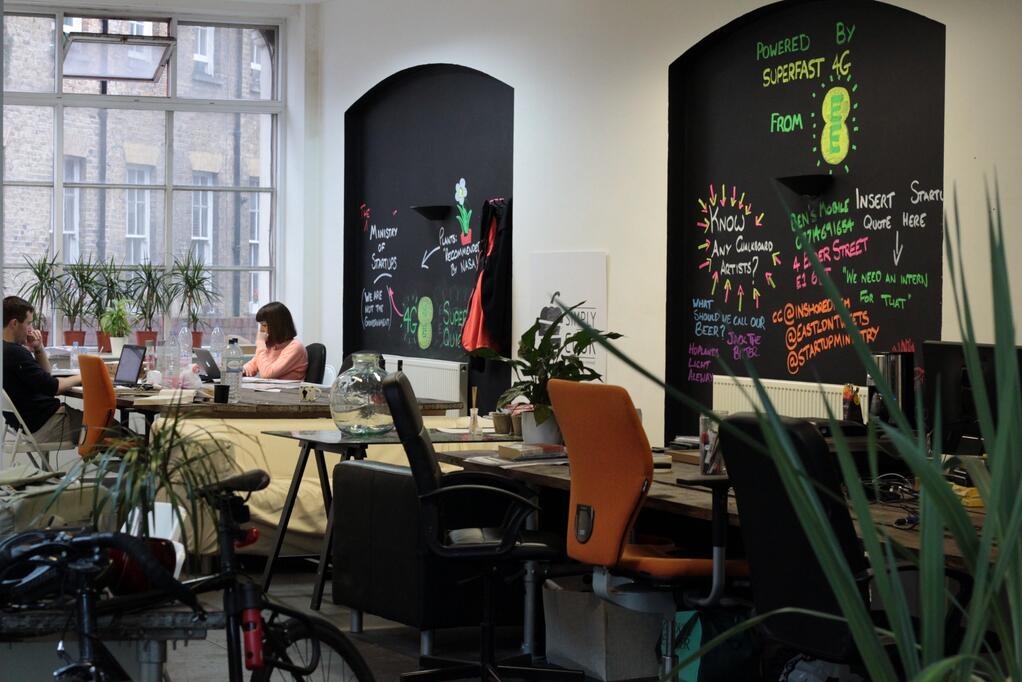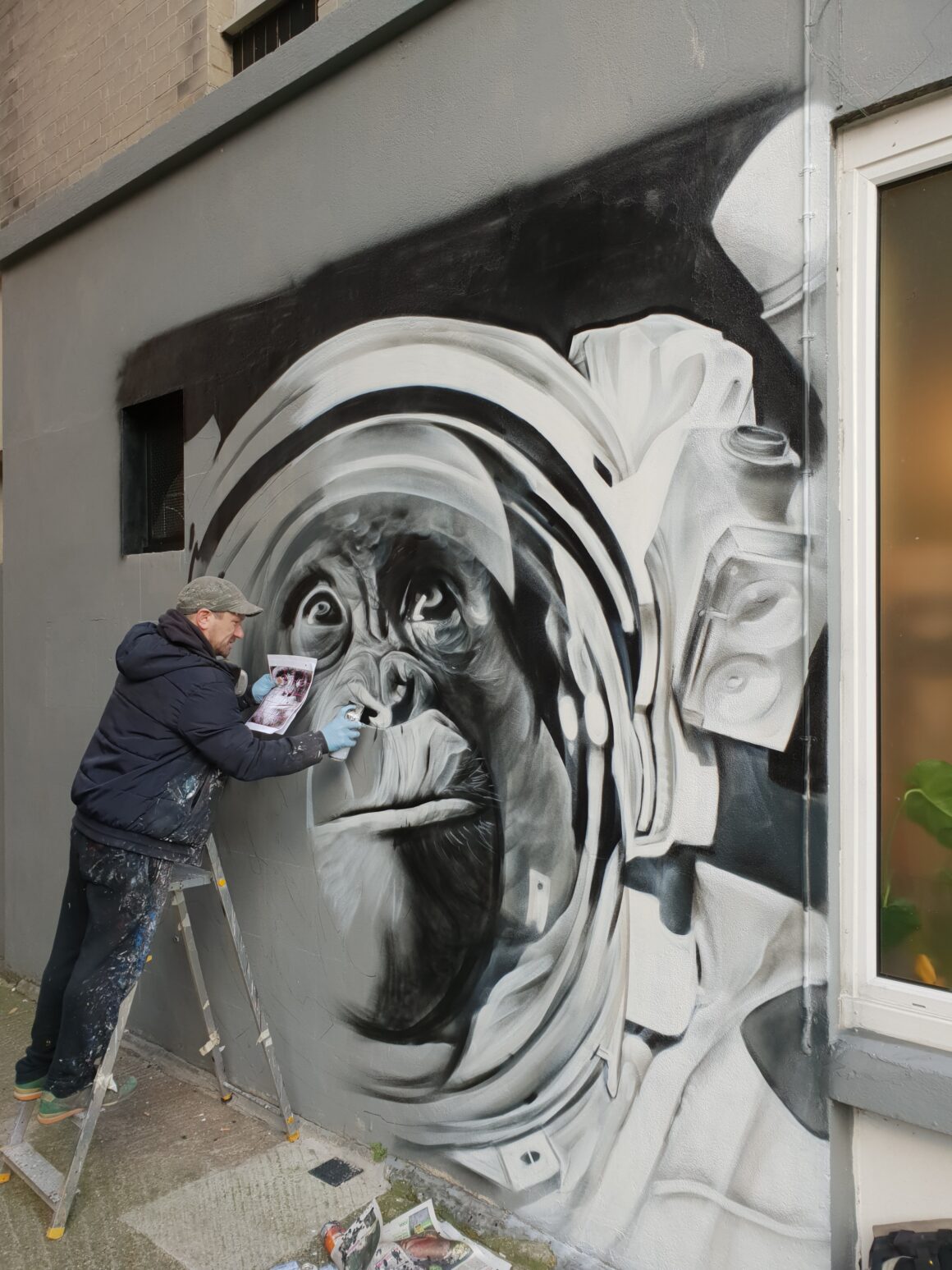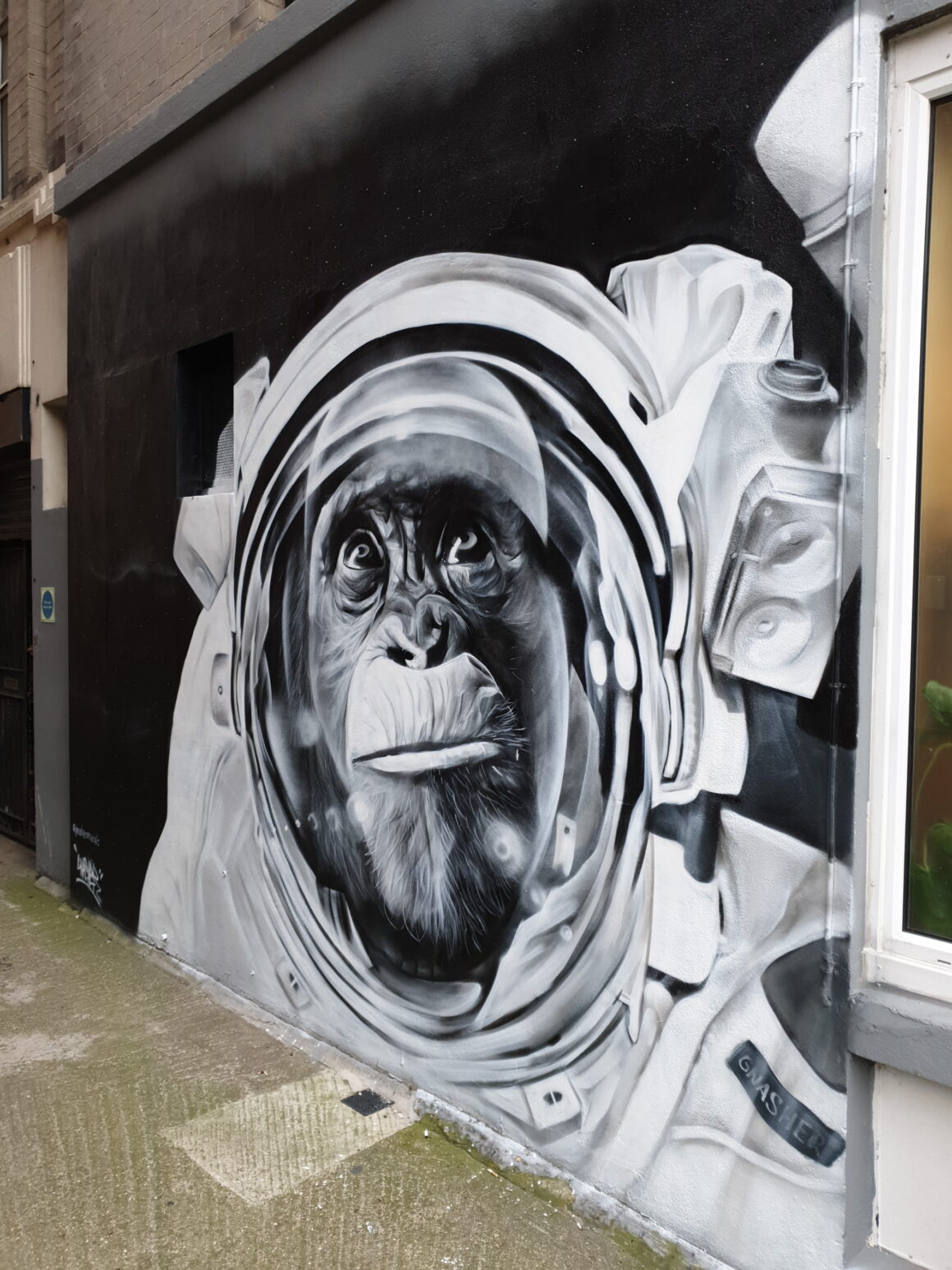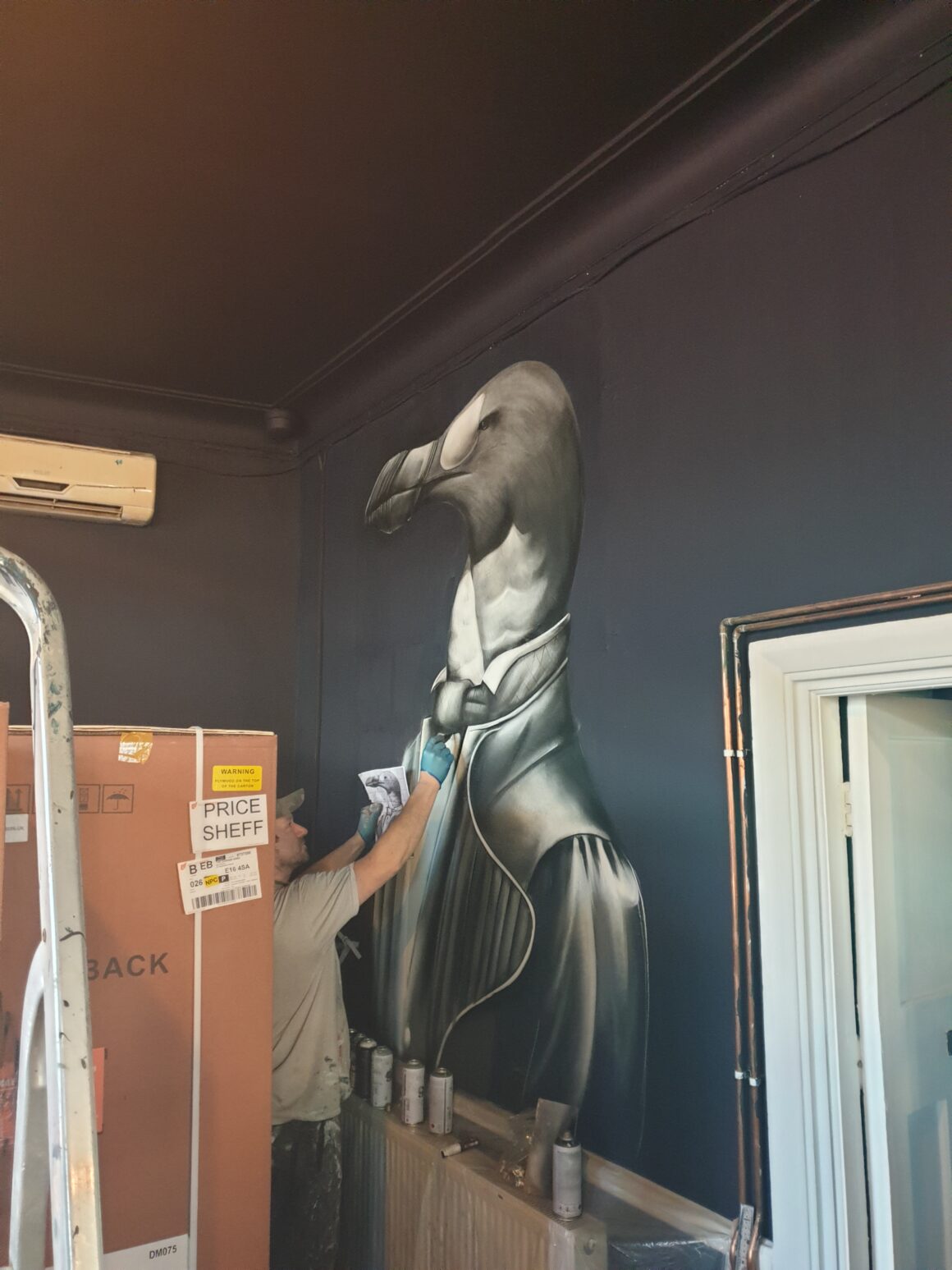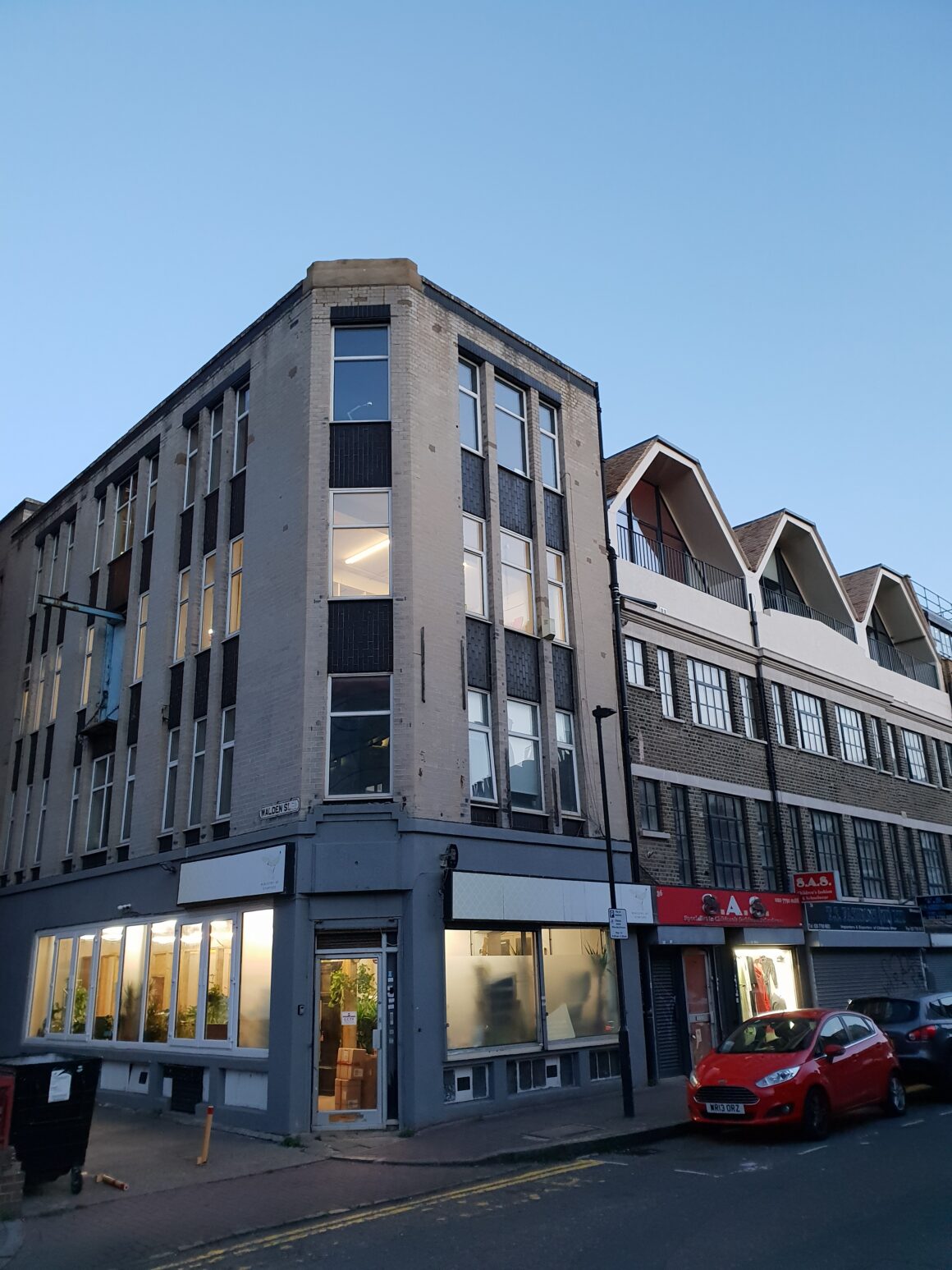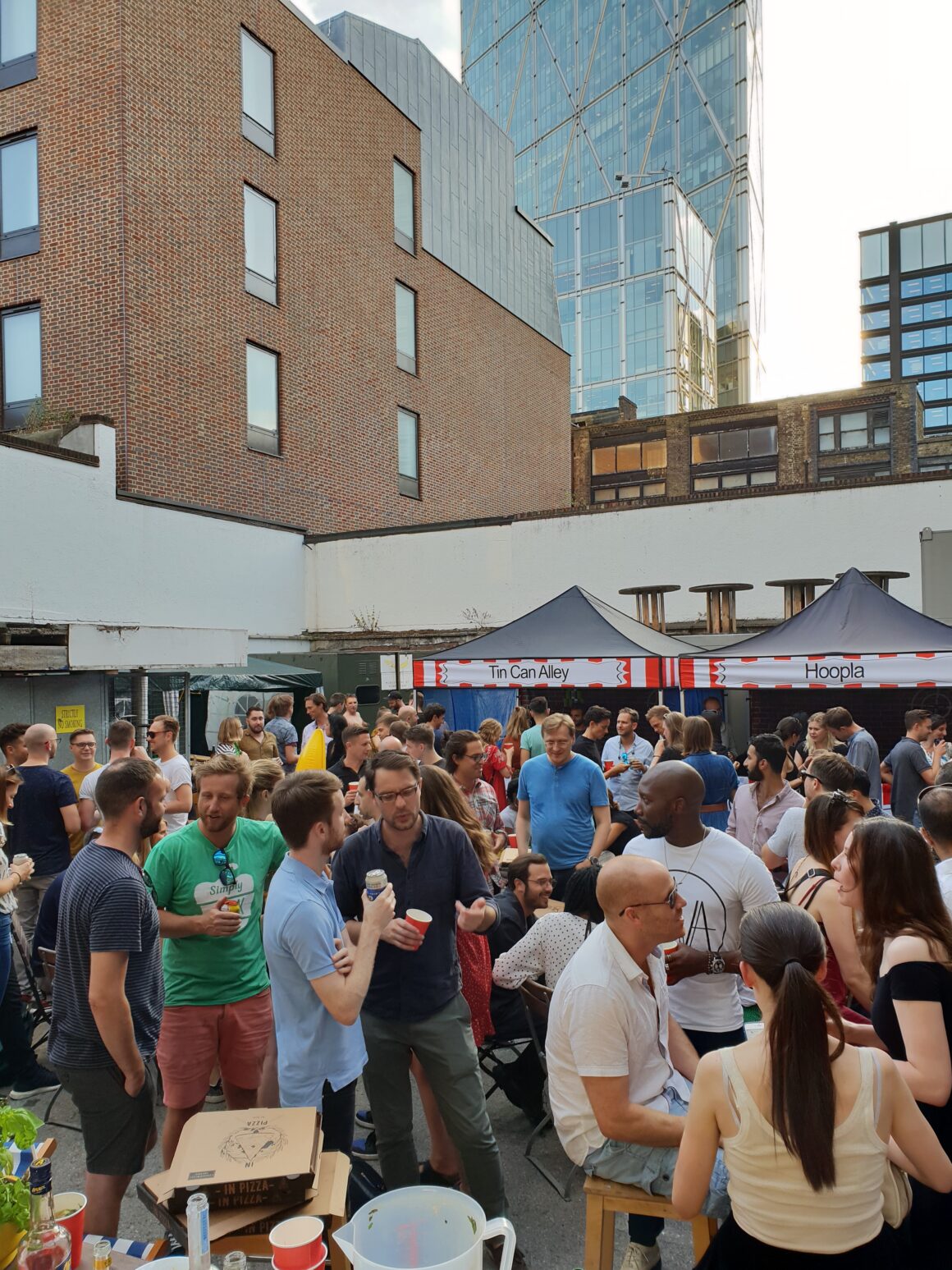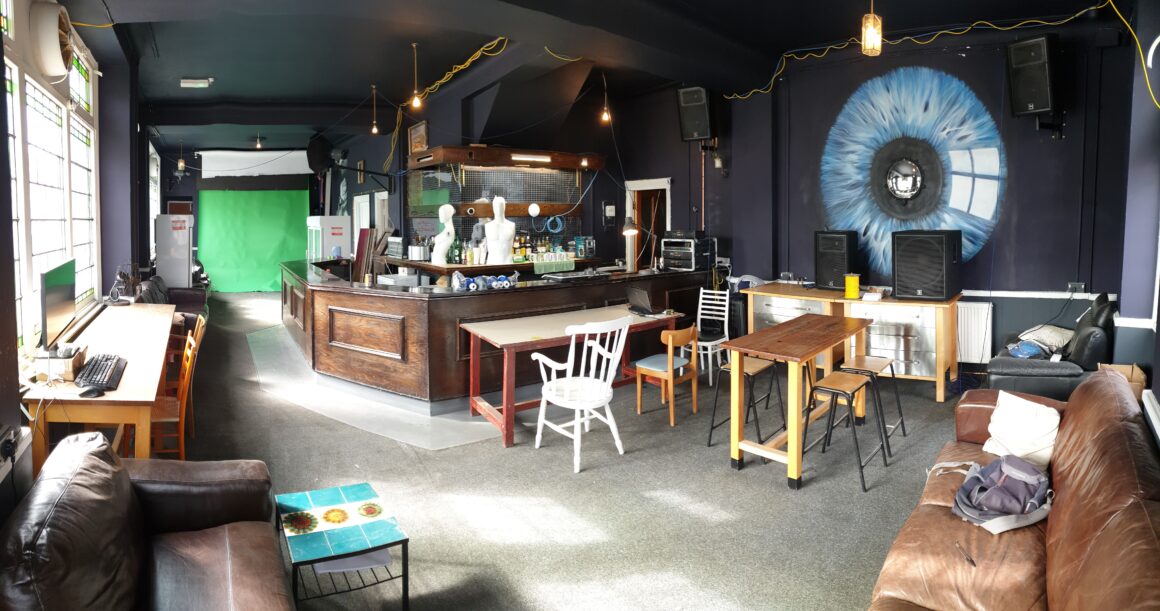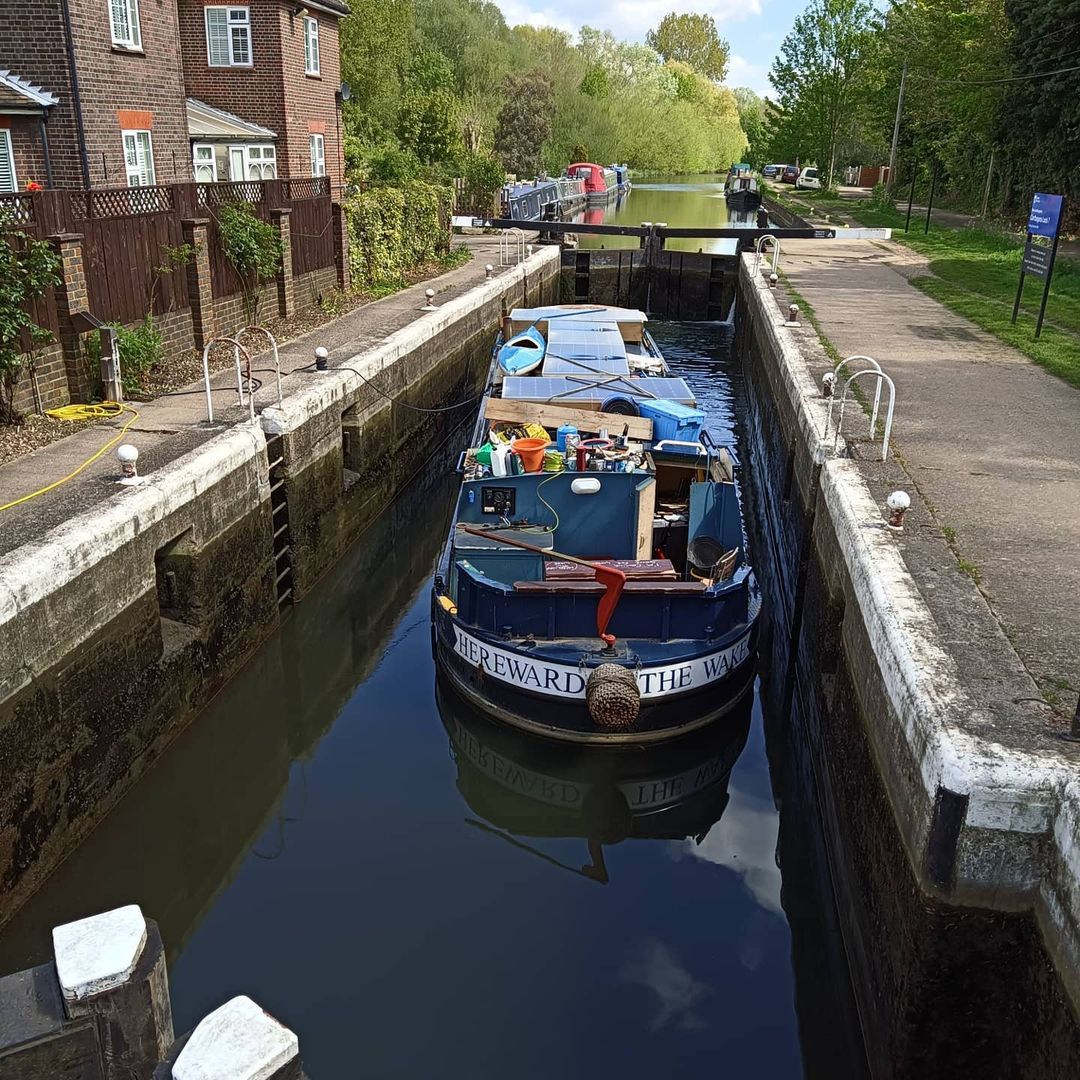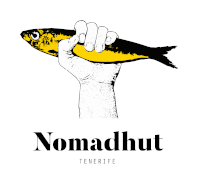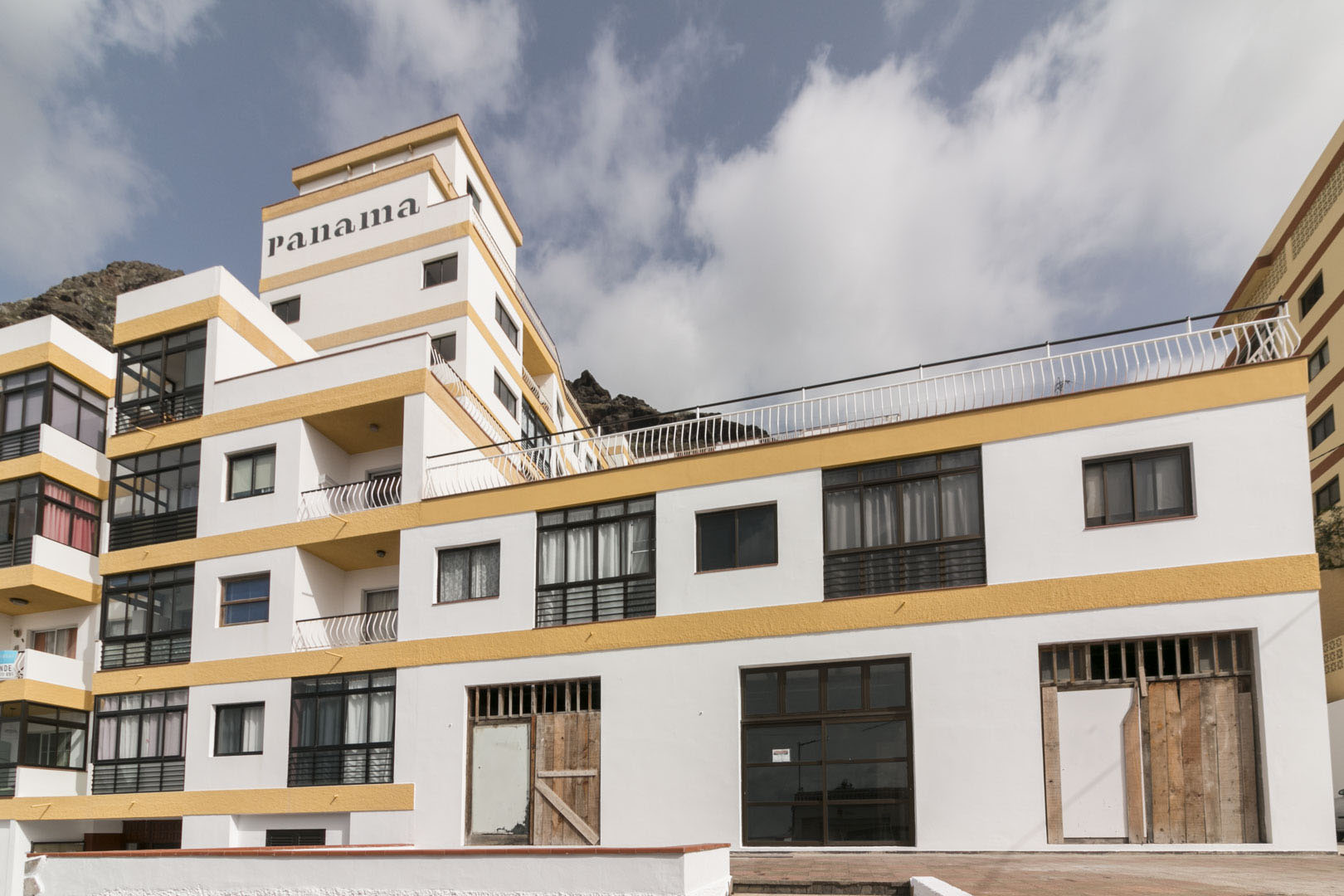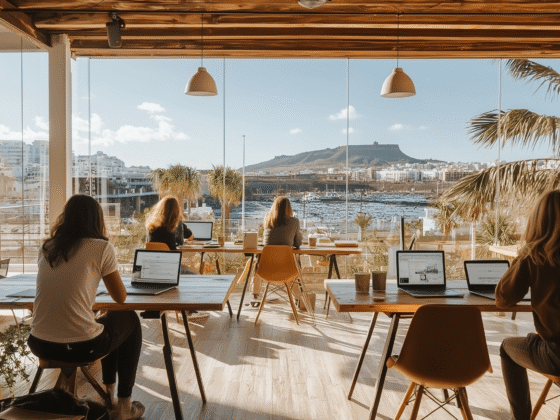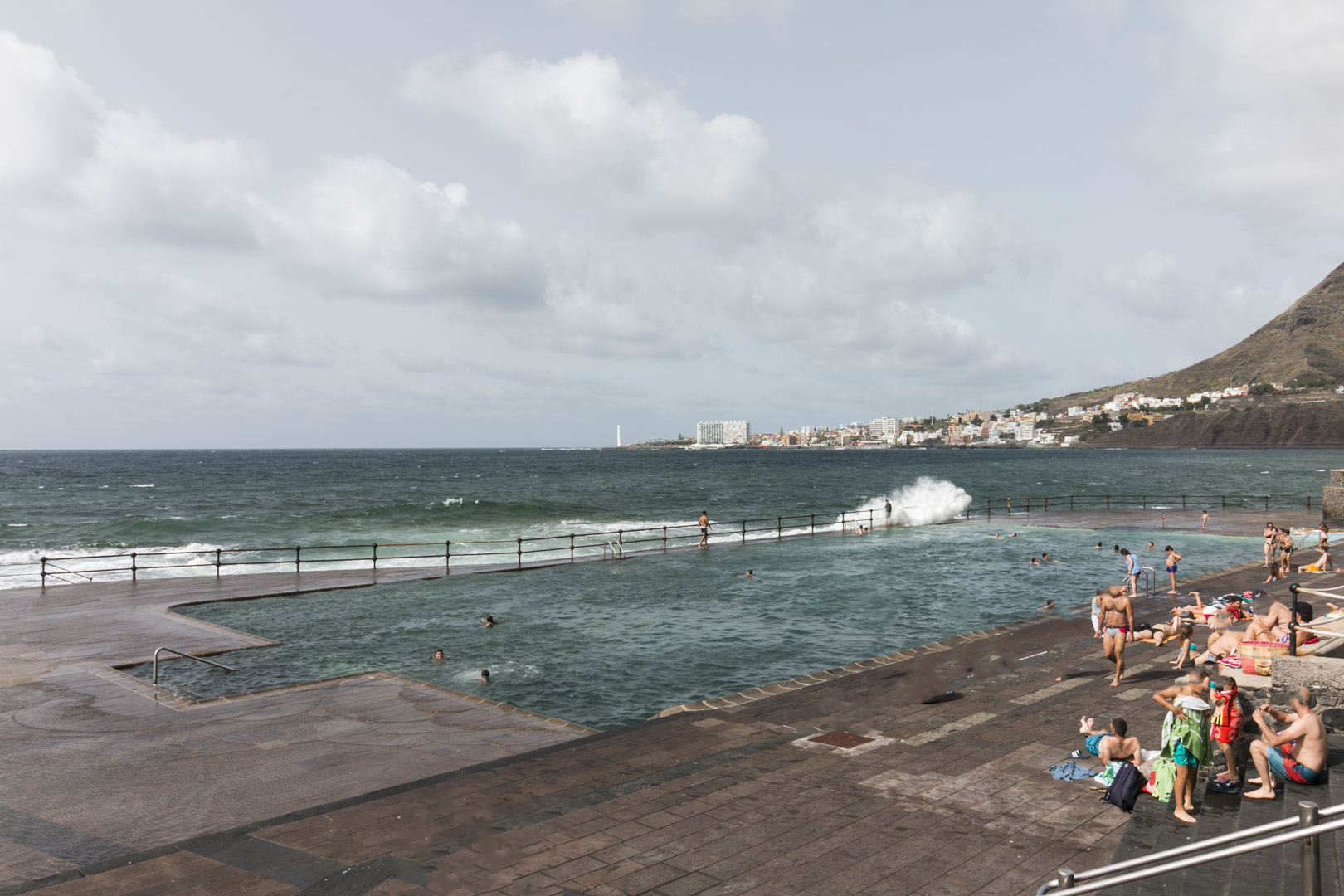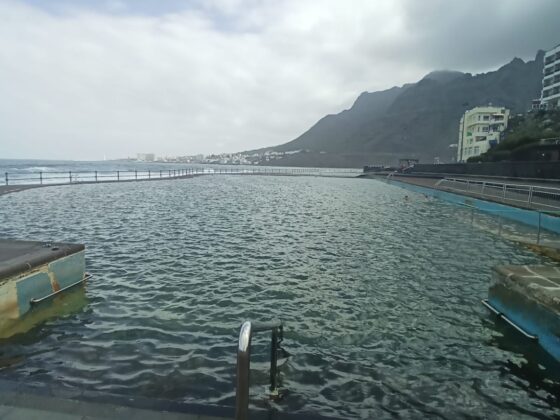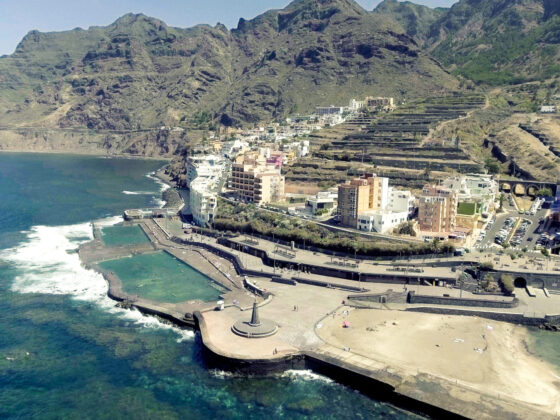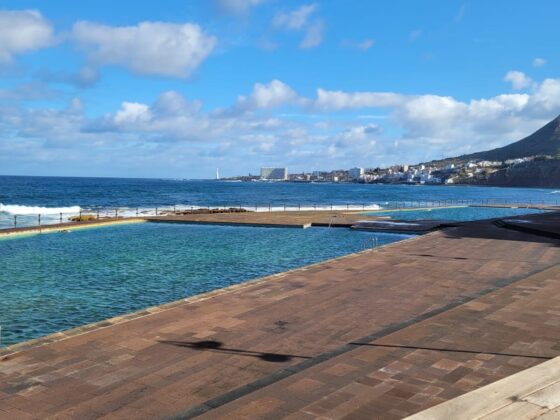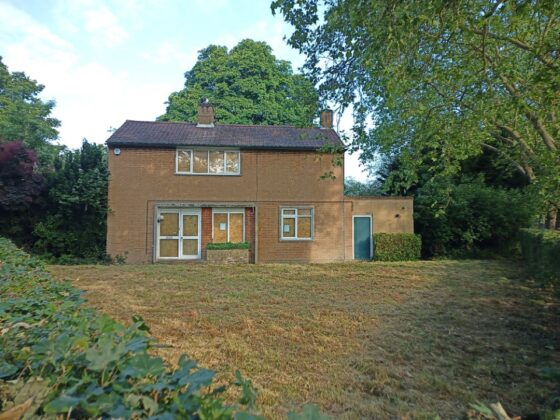It’s probably best to scroll down to the photos first, and then come back up and read…
Pre Covid I used a whole bunch of Coworking spaces, makerspaces, pubs, coffee shops, street food markets etc we weren’t big, I started the company with £1,500 so everything was done on a budget, and we grew to having an annual turnover between £750,000 and £1.5m, depending on how many buildings we had on the go in any one year. The bigger buildings c30,000+ sq/ft worked best, but we’d open everywhere I felt we could support startup founders on their journey.
We were affordable (genuinely, not the bullshit spouted out by many), £35 a month for unlimited 24/7 access to our hotdesking spaces at all of our sites. I wanted to provide the opportunity for anyone to start a business no matter what their background.
As a solo founder of a coworking space business called the Ministry of Startups Ltd the first few years were really tough, I started the company with bugger-all and it meant I had to build everything and do everything myself (I’m now a decent Jack of all trades). The main business of the company was to rent out spaces to early stage startups, charities and social enterprises. I used to rent buildings pre their redevelopment from the likes of British Land, Derwent London, The Secretary of State, Starprop, Islington Council, Greenoak, Max Barney Estate etc. Sometimes on £ per sq/ft rents, others as revenue share models and other times just to cover their £250,000+ per annum business rates bills whilst they tried to get development planning permissions in place (it was a win/win). I was happy to consider different models and just make it work, we even managed to get a joint venture (revenue share model) over the line with the Secretary of State, that was something I never thought a small startup like mine would ever have been capable of doing, but we did it… mind boggling! All the buildings were in London with the exception of one in Almada (Lisbon, Portugal).
Over nearly a decade my company opened 25 buildings across London, ranging from tiny 2,500 sq/ft to bigger units closer to 30,000 sq/ft, and built the company up from nothing to annual turnover of nearly £1.5m, all growth was organic, there were no other shareholders or investors, and I didn’t borrow any money (well, until the bounce back loan during covid).
We were home to thousands of startups and social enterprises over the year, and also hosted code schools such as Le Wagon and later our own, and accelerators such as Bethnal Green Ventures and Ignite.
Some of the buildings were more straightforward than others, sometimes we were submitting planning applications for change of use (even in boroughs where planning can be a bit more challenging e.g Westminster, we were always successful), I had to do all the architectural drawings, all the planning forms and meetings, it really was everything on a shoestring). Some required a bit more than just planning and reconfiguring of spaces, sometimes it was just for the desire to make something happen.
Sadly the Pandemic, our rolling month to month contracts (in order to make it easy for startups) and the work from home / lockdown government rules didn’t really give us a chance, it meant we really couldn’t survive, and like other co-working companies (Techhub etc) I also had no choice but to put the company into Voluntary liquidation in November 2020. It hurt, when you build a company it’s very being is big part of you, so it felt a very dark moment.
Nomadhut is different, but with similar mission and values at the core. Follow the journey and wish me luck, it’s only just begun.
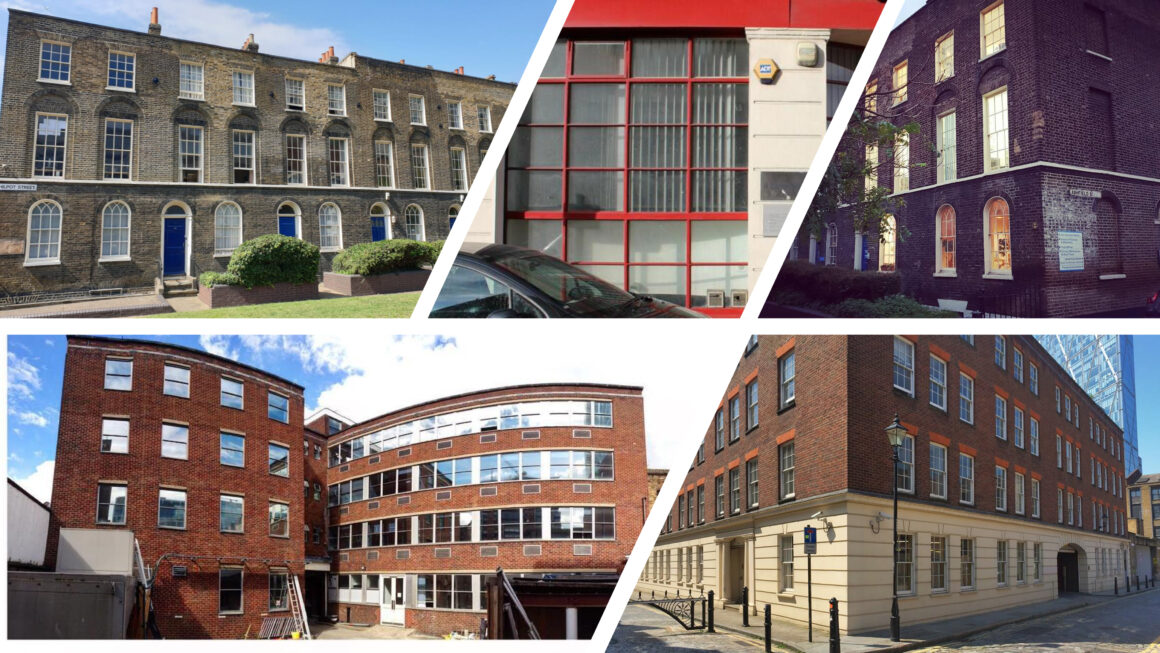
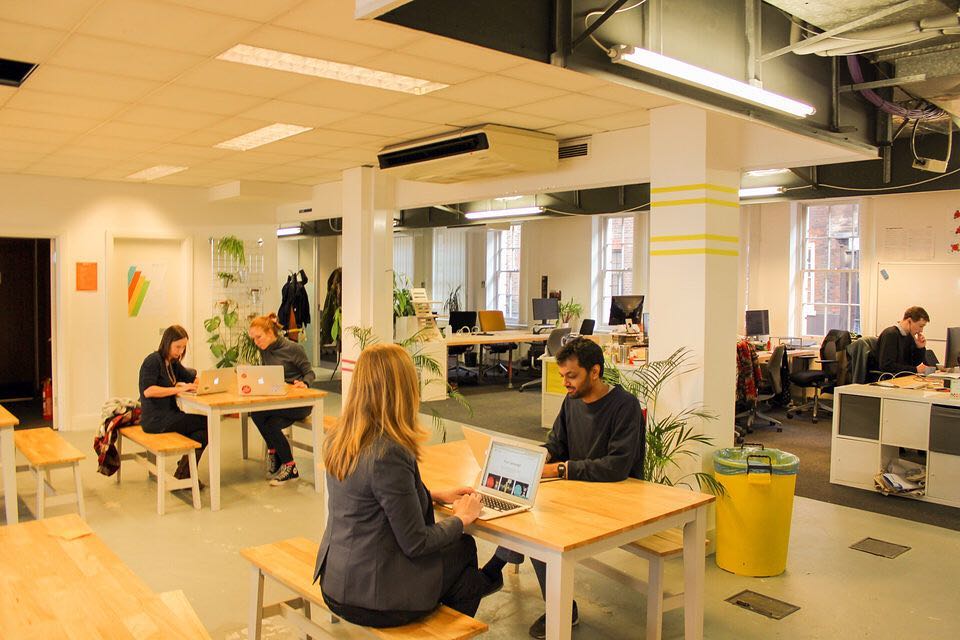
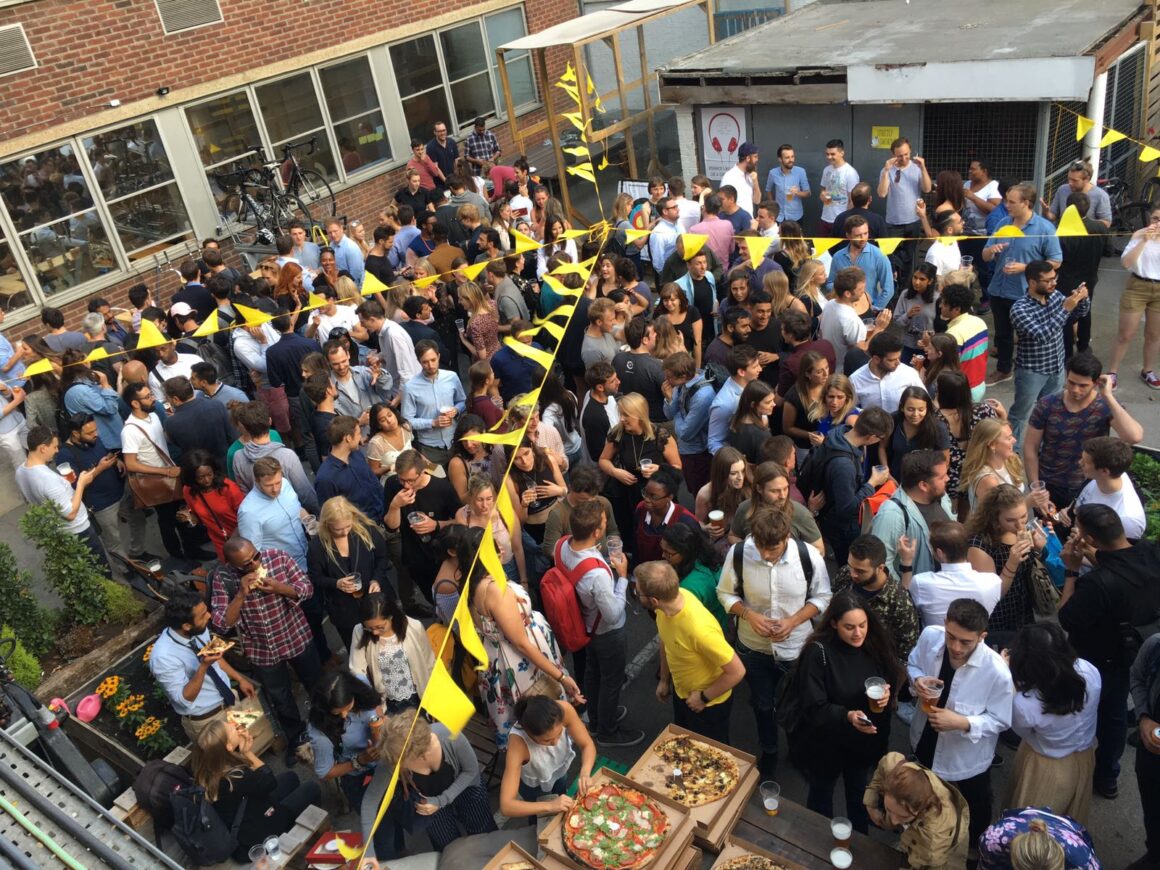
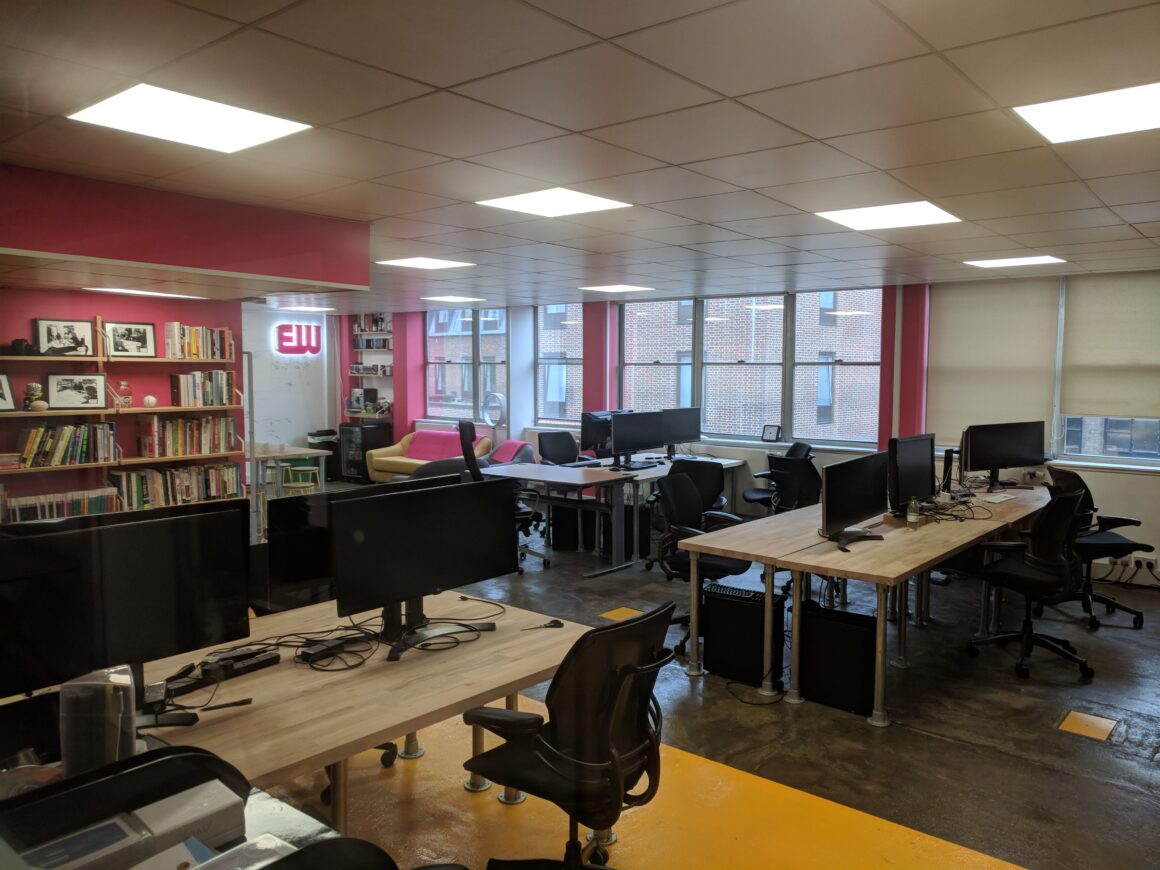
Below bottom left is some bespoke advertising containers that folkstone harbour had listed on ebay, no one else bid and I got them for £500… I really shouldn’t be allowed unsupervised on ebay. As you will see further below these were converted into podcast studios. The ground floor retail unit in Whitechapel reconfigured into a shared use space.
